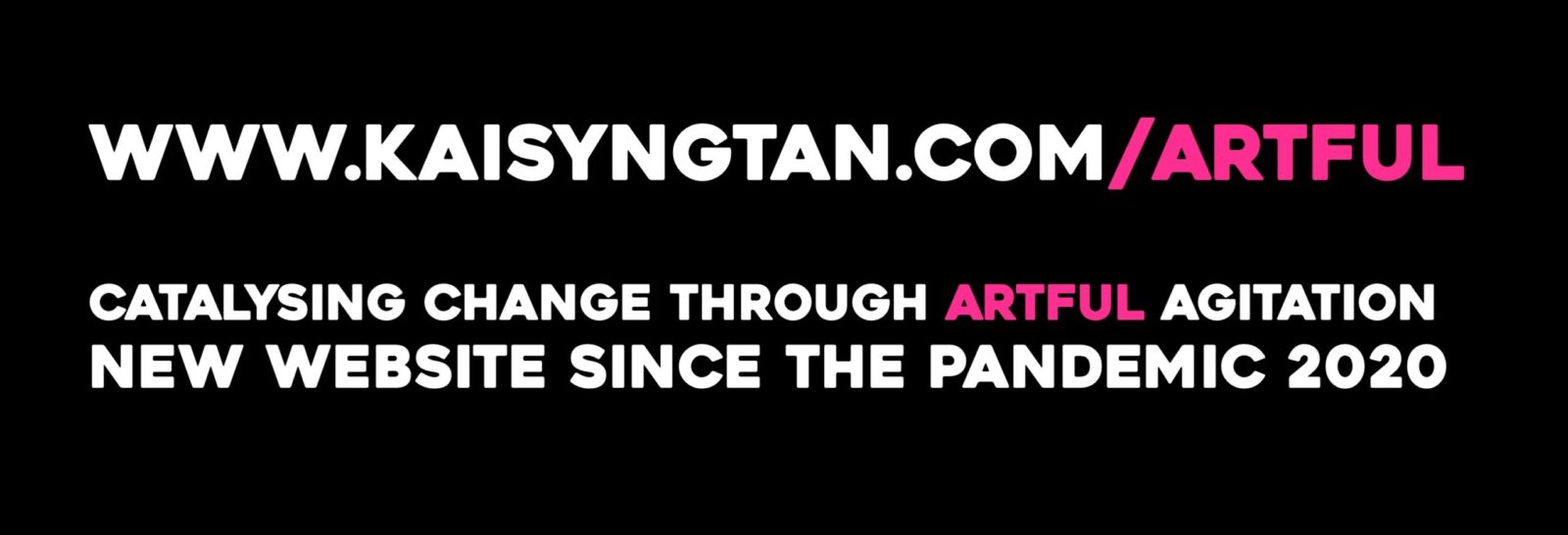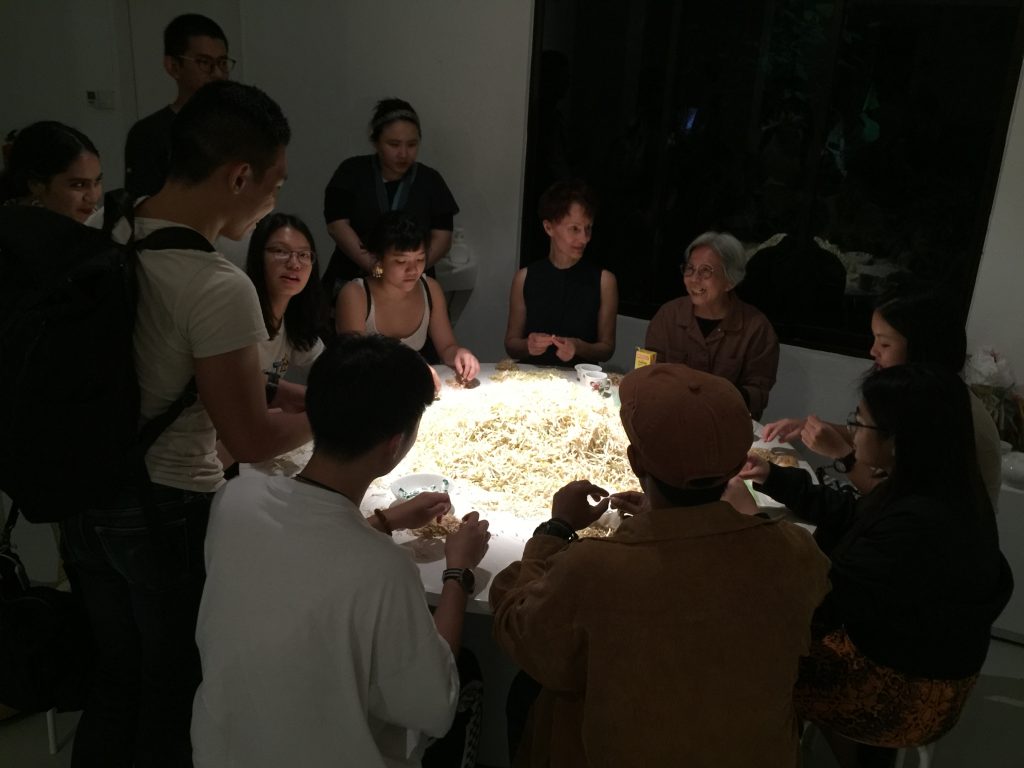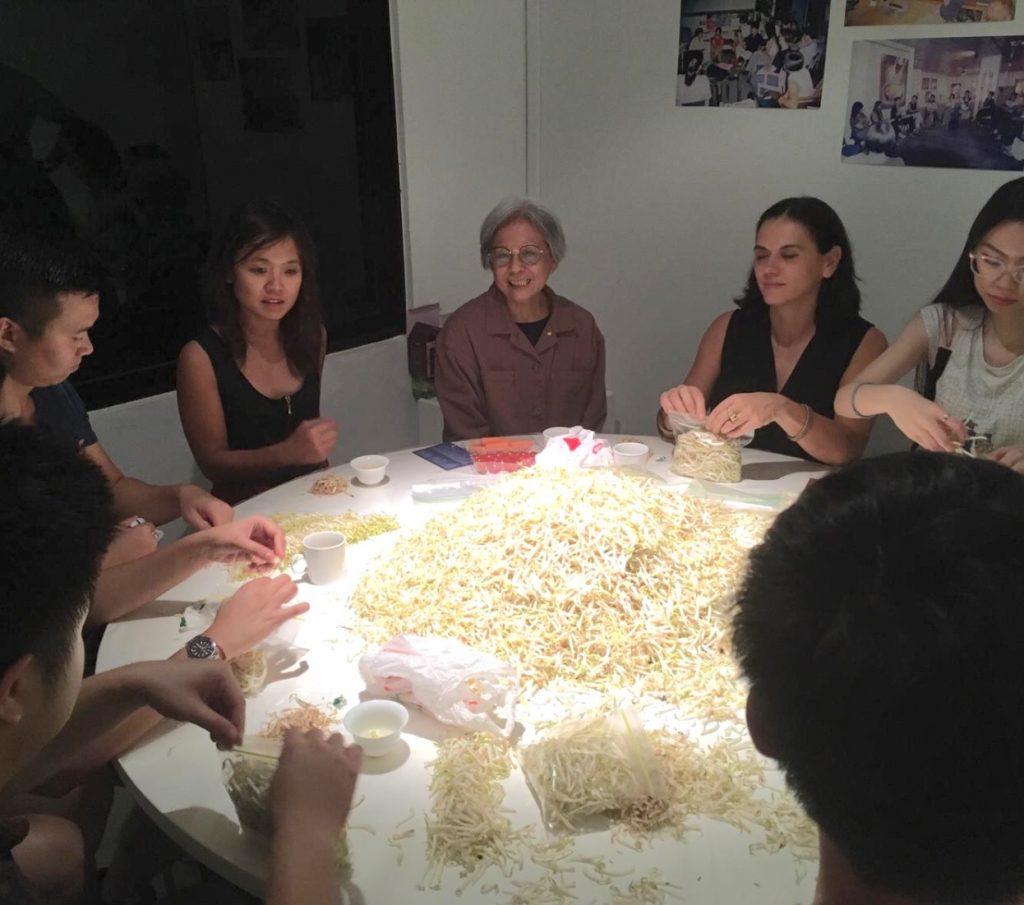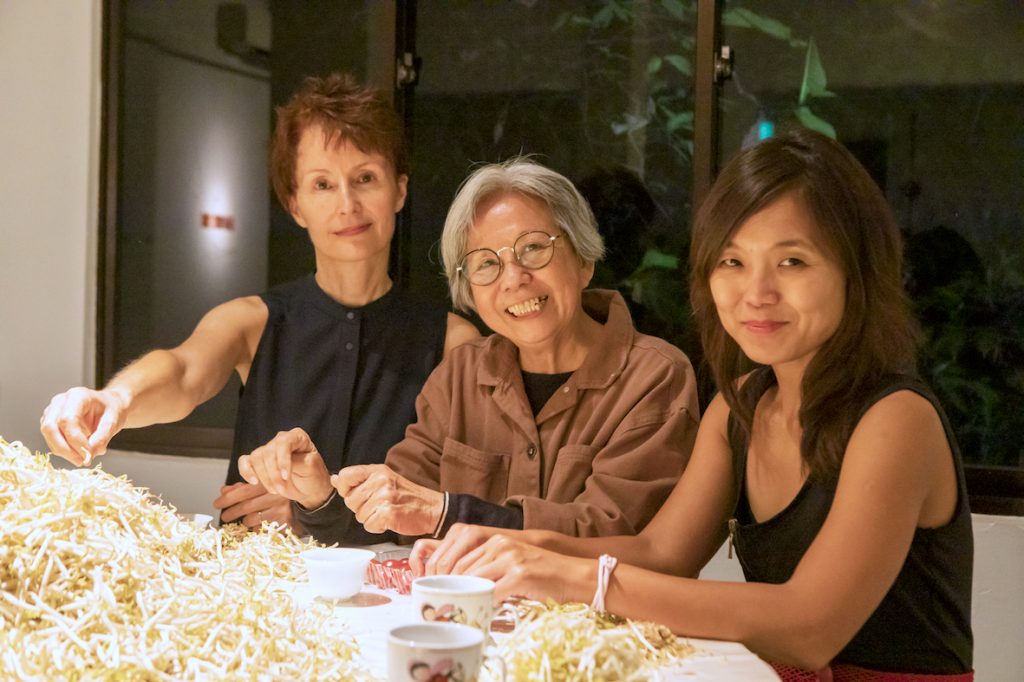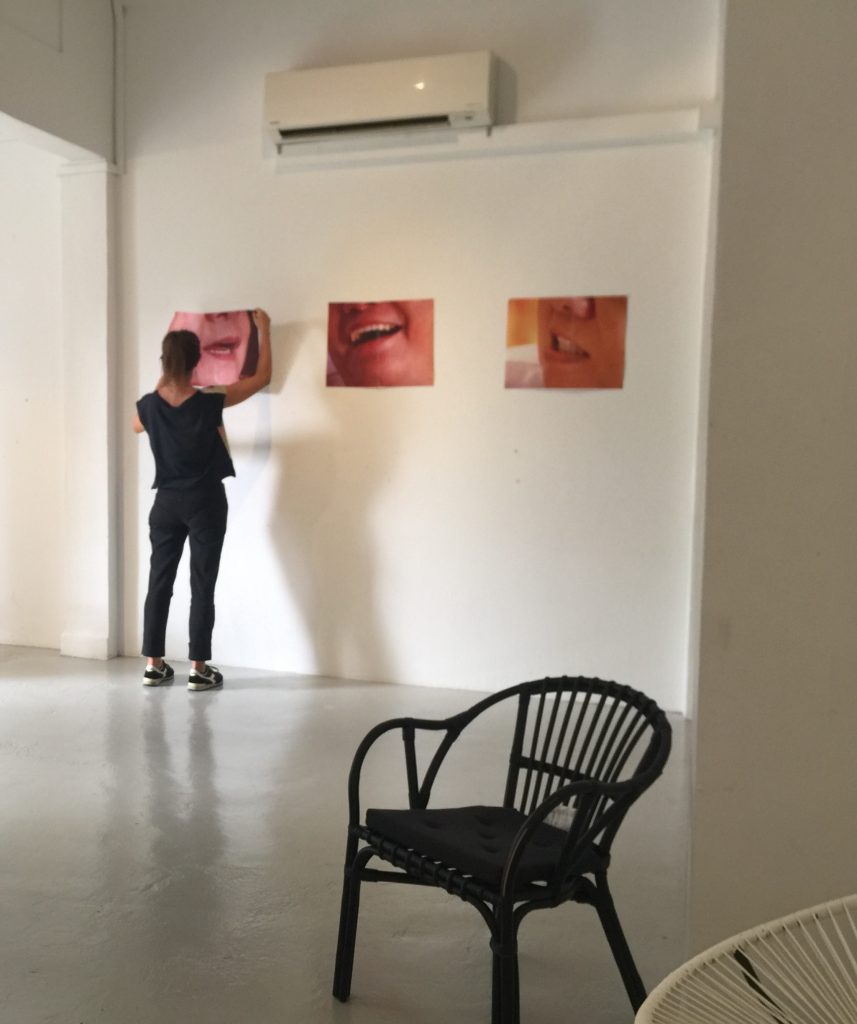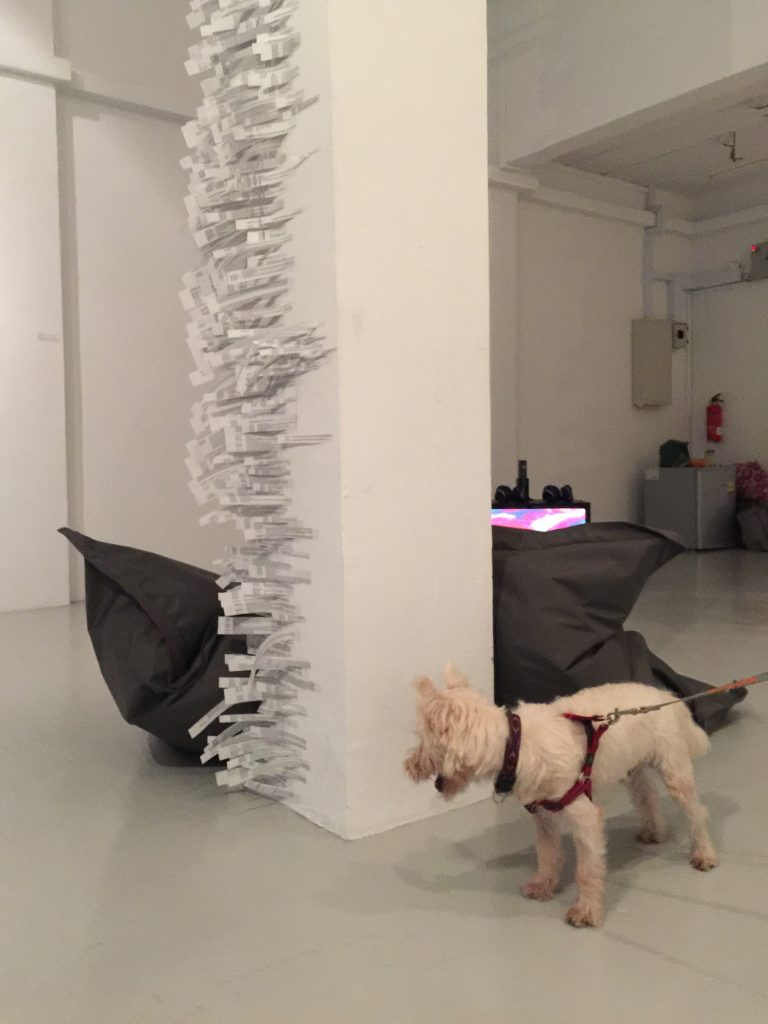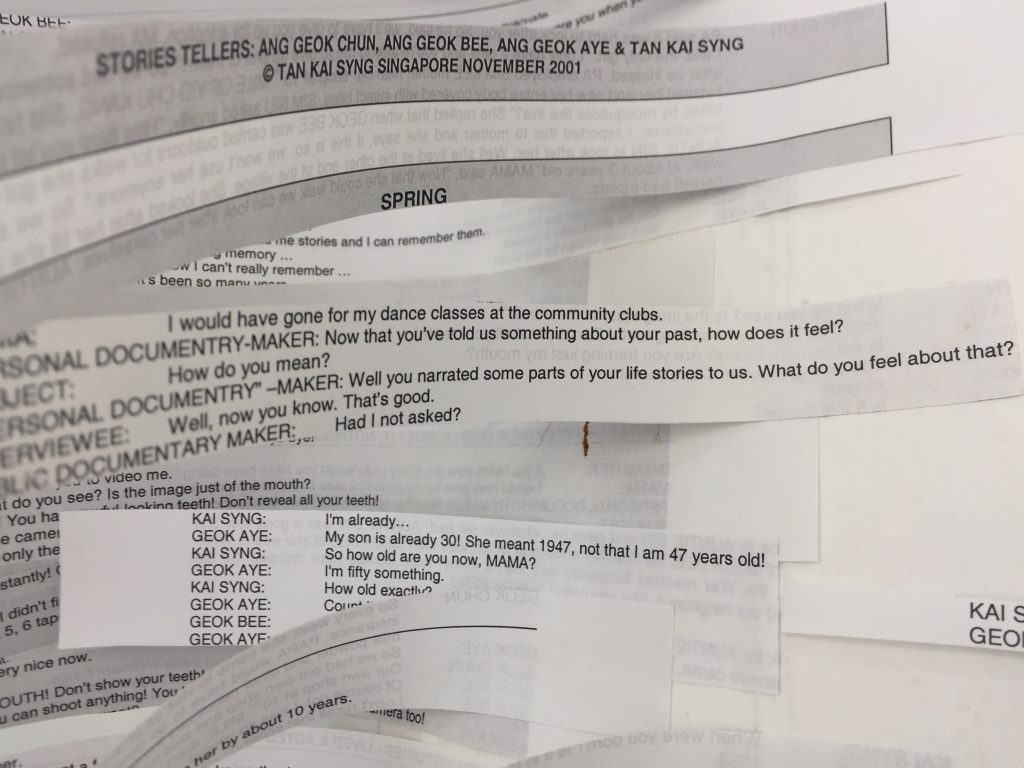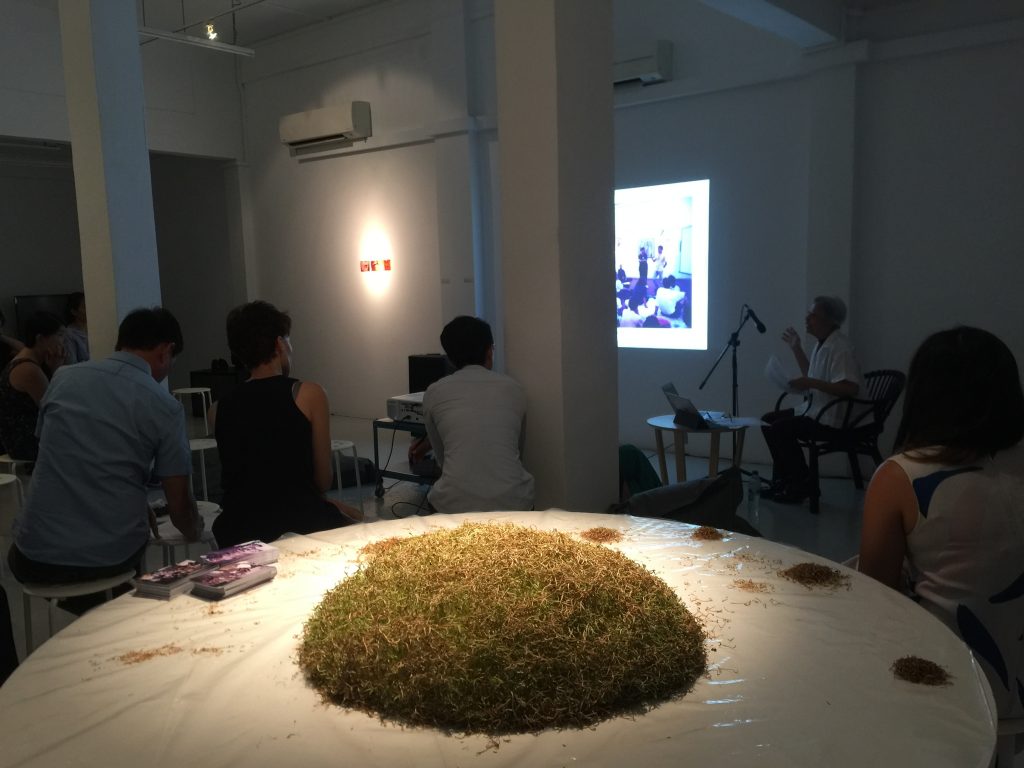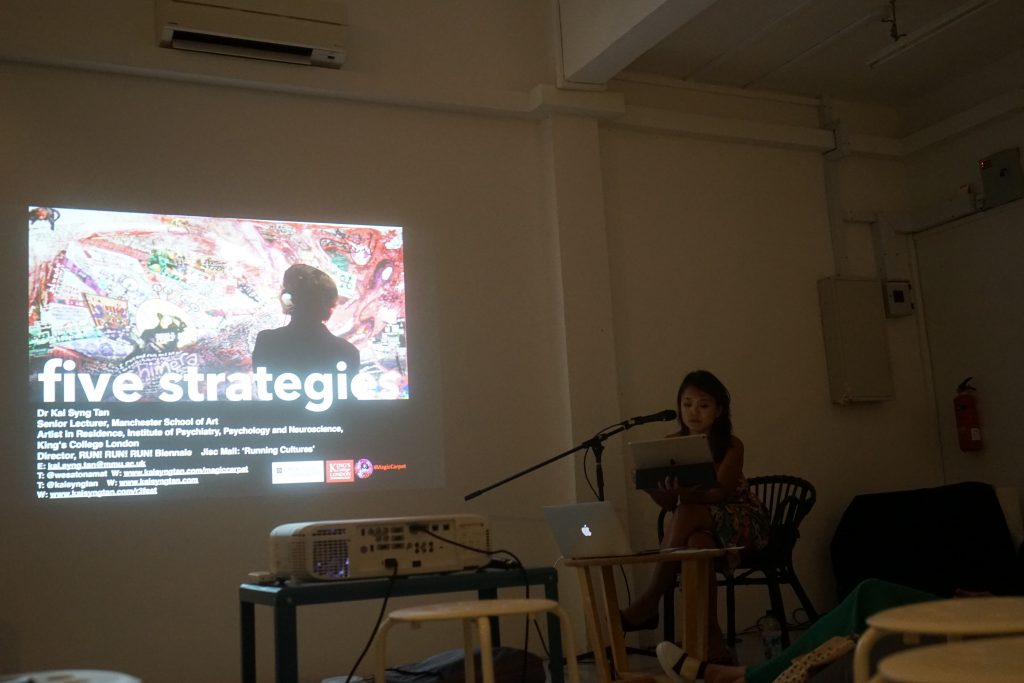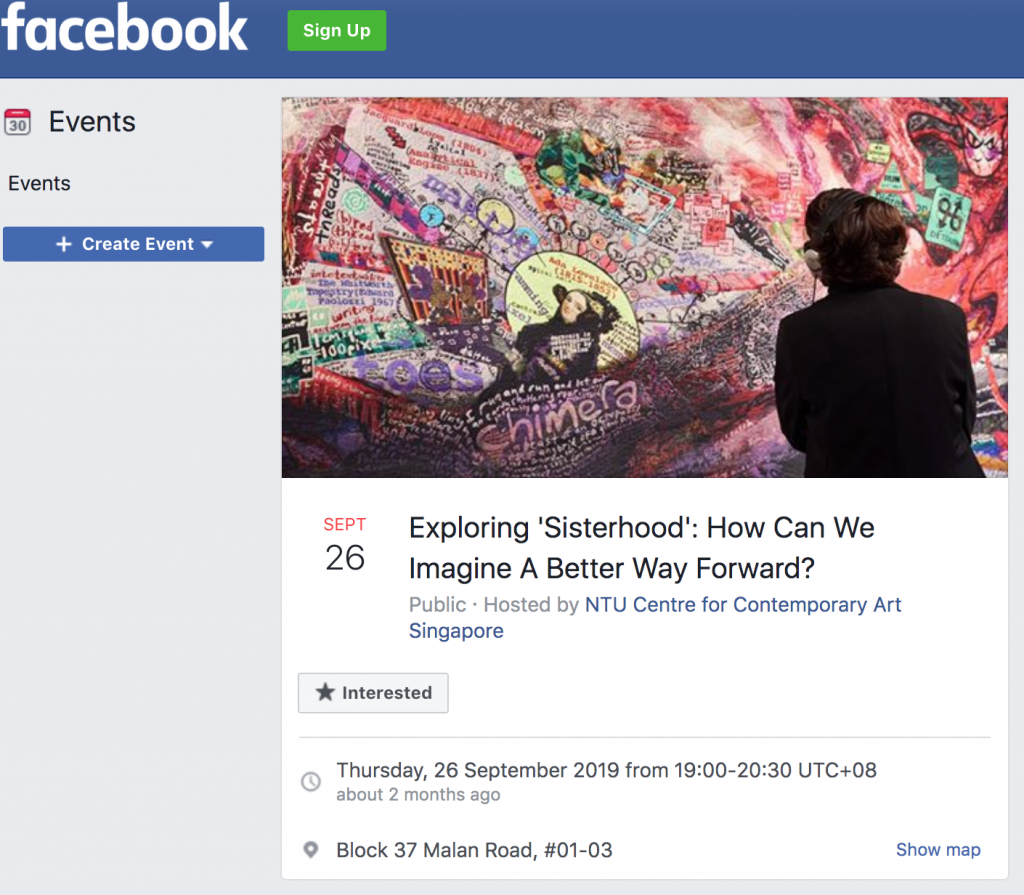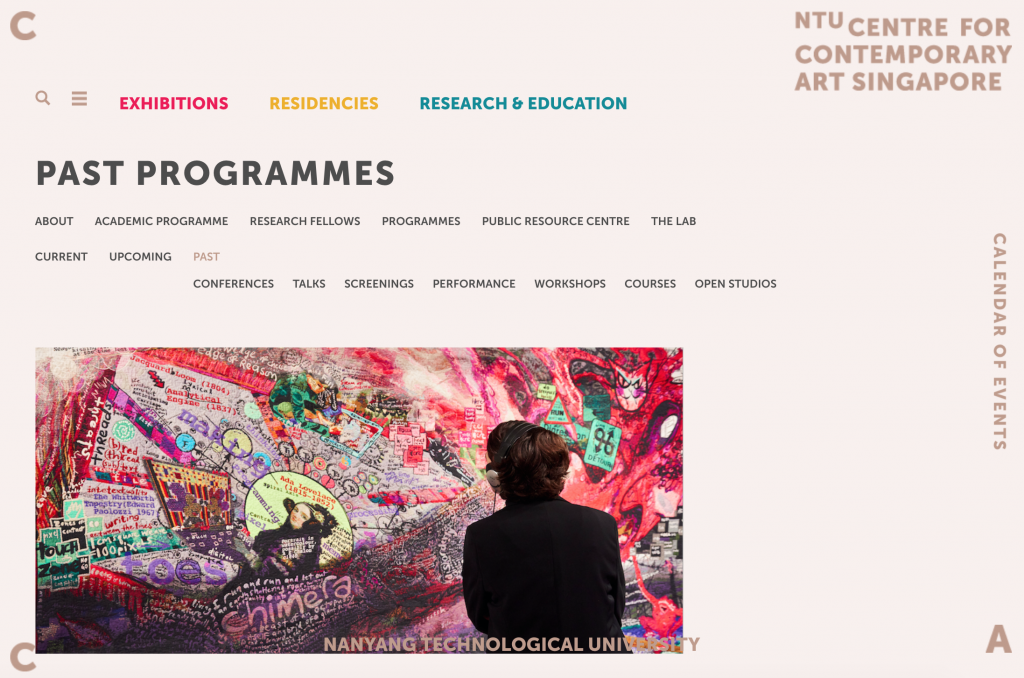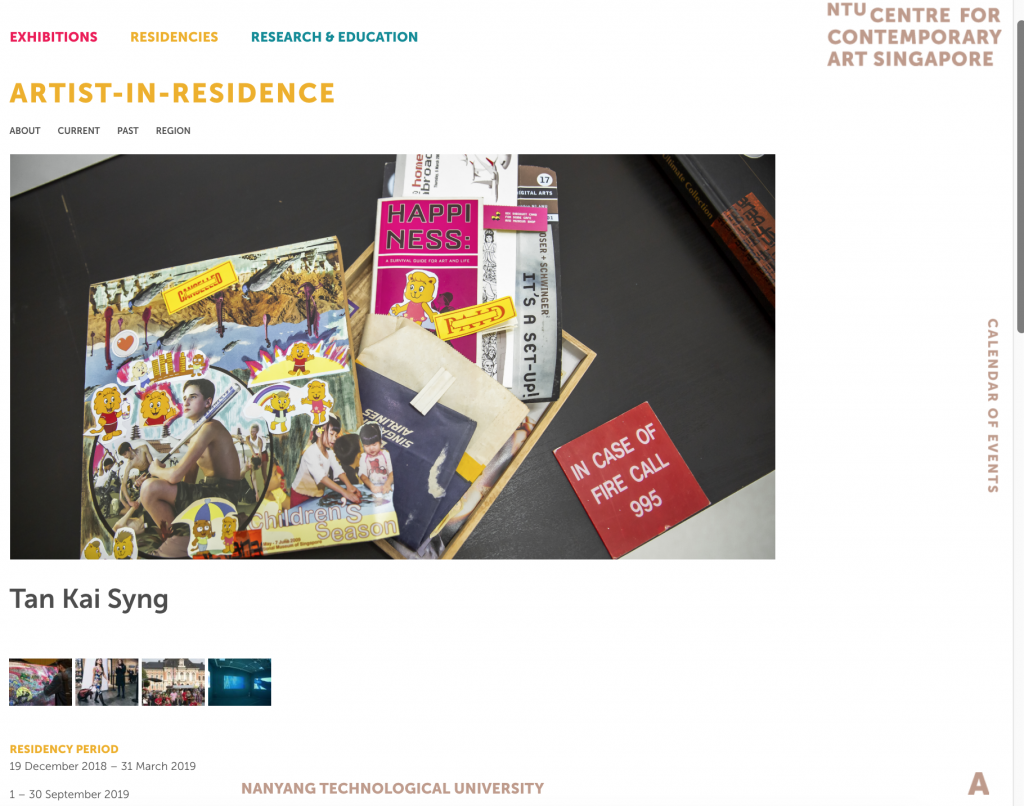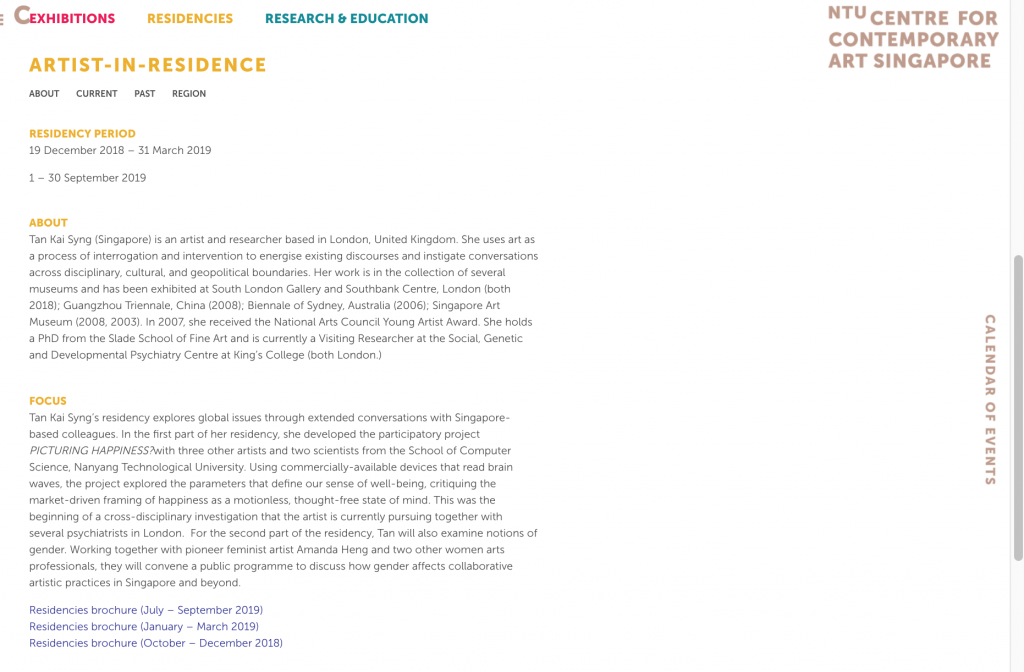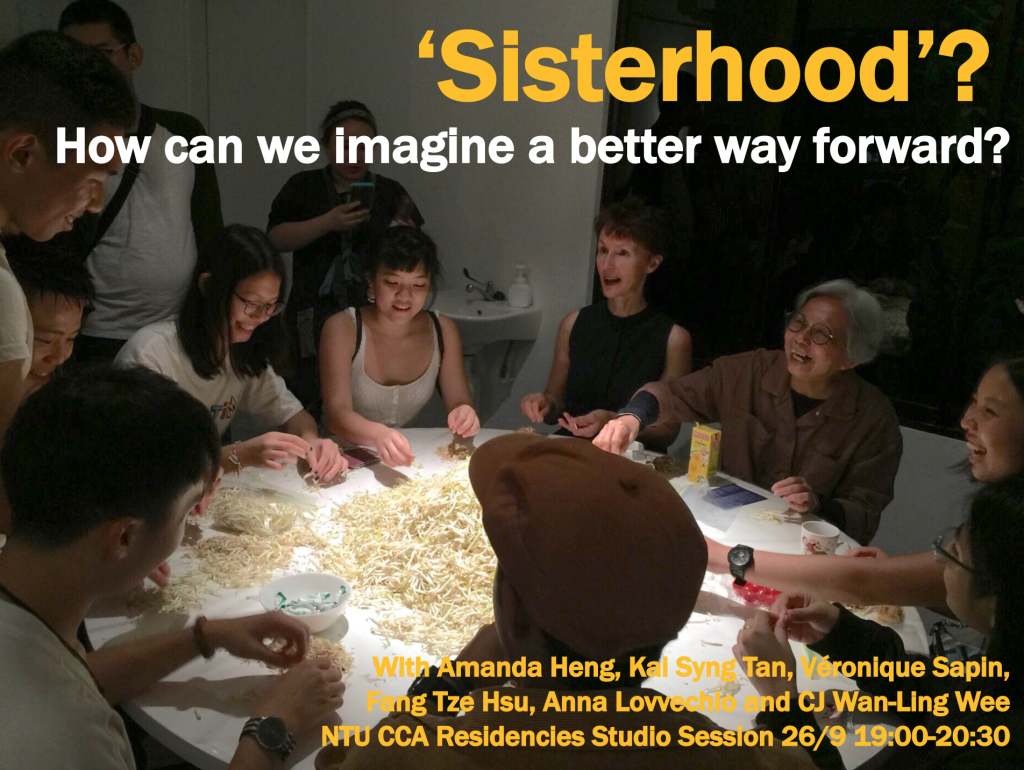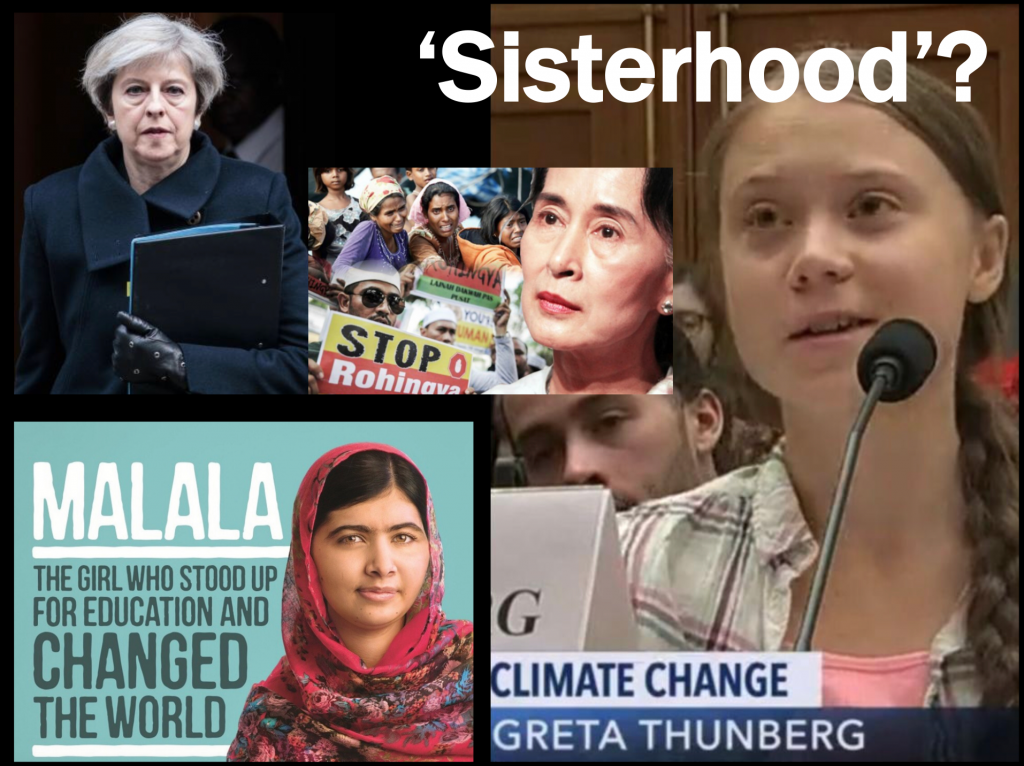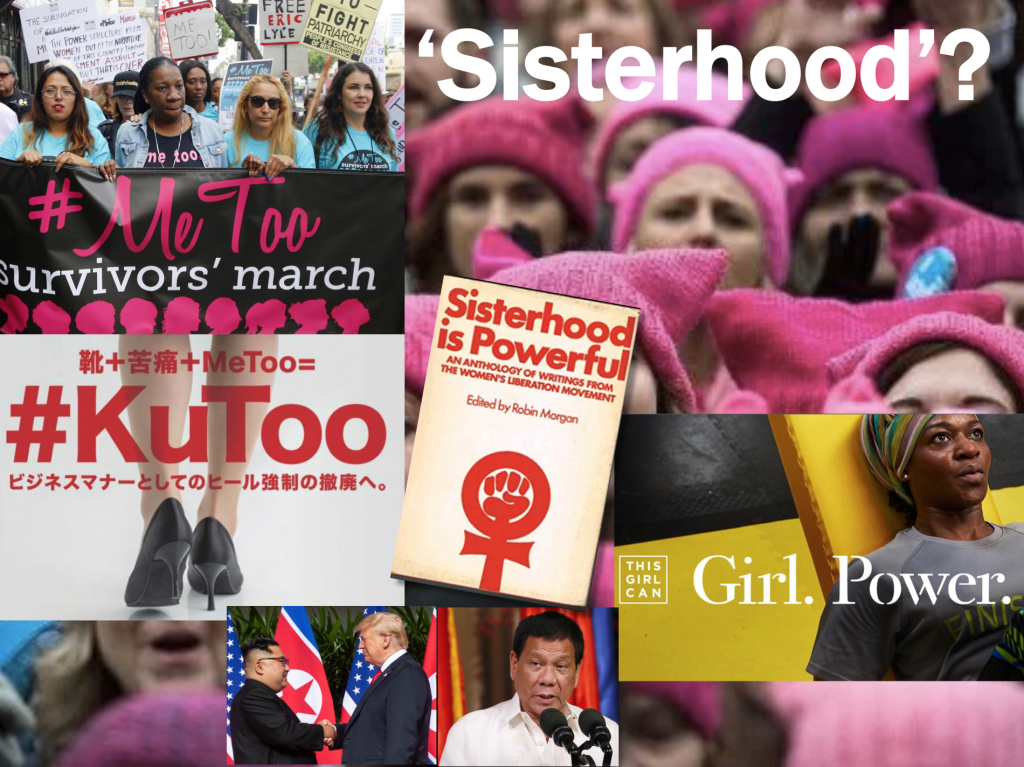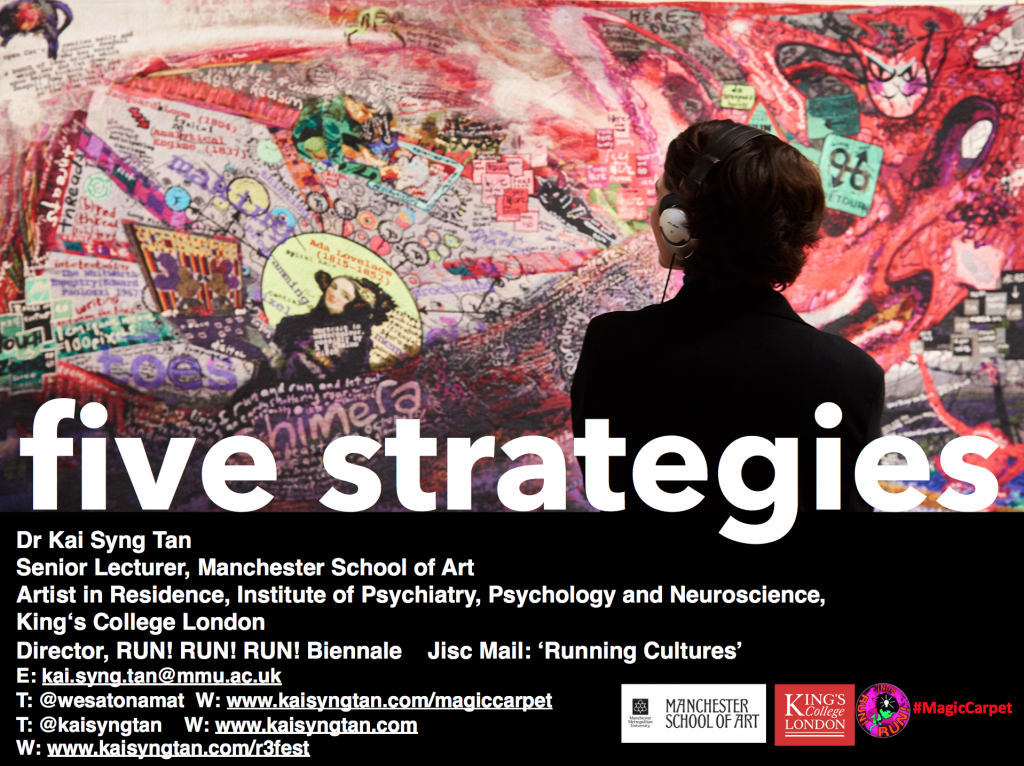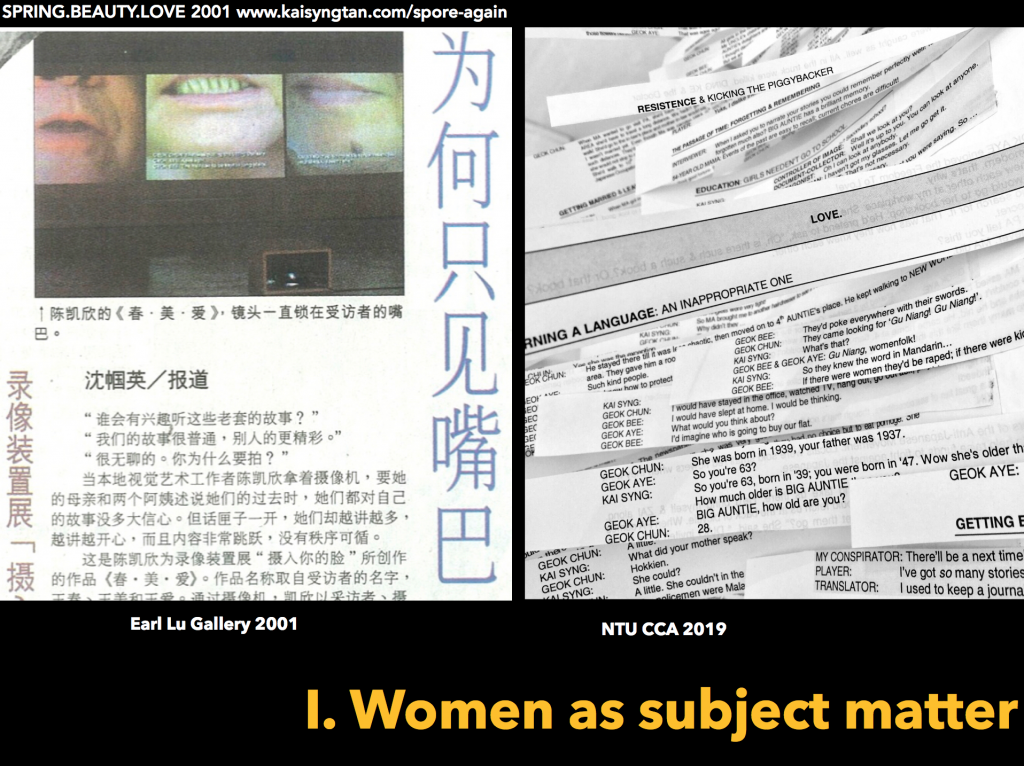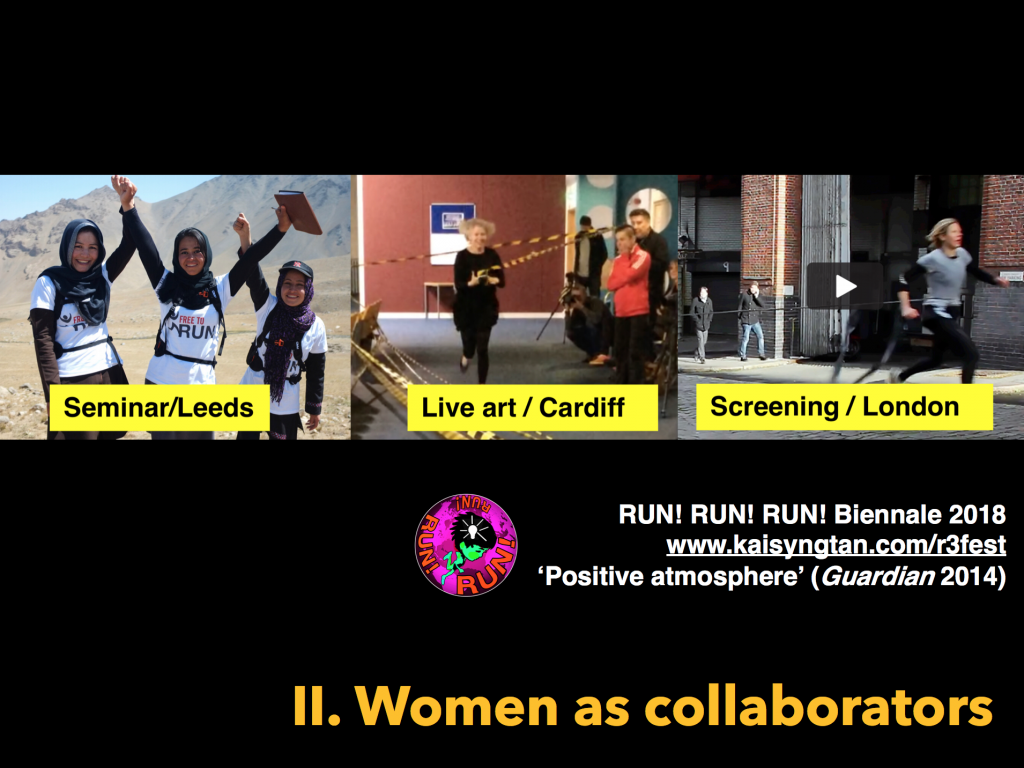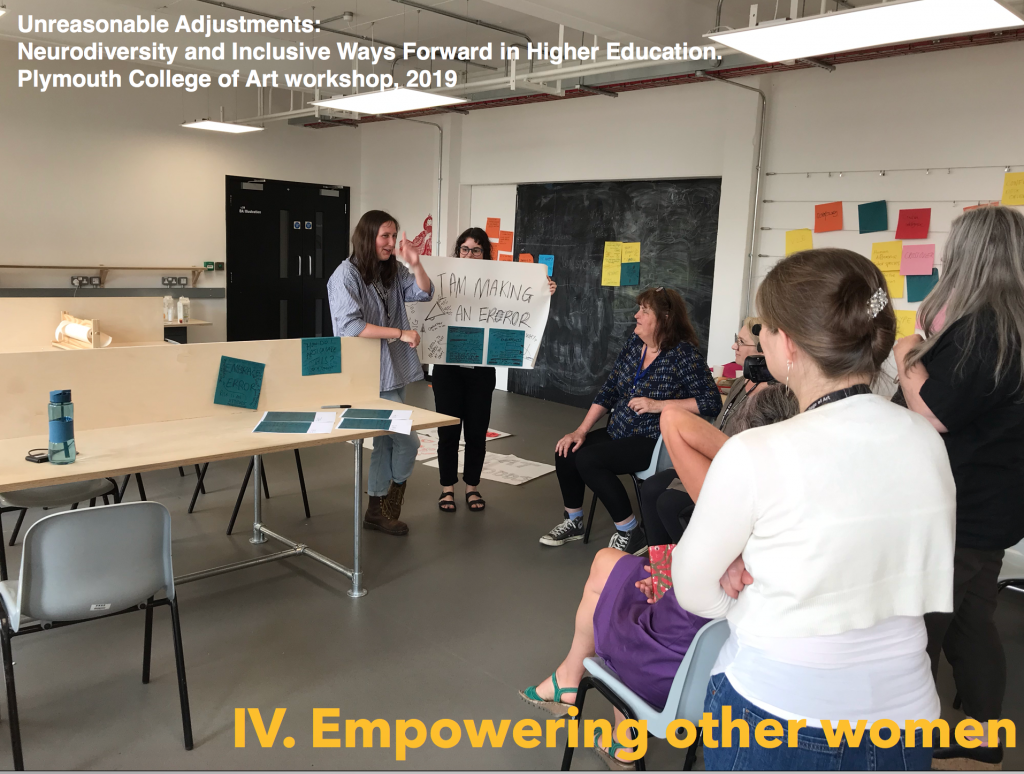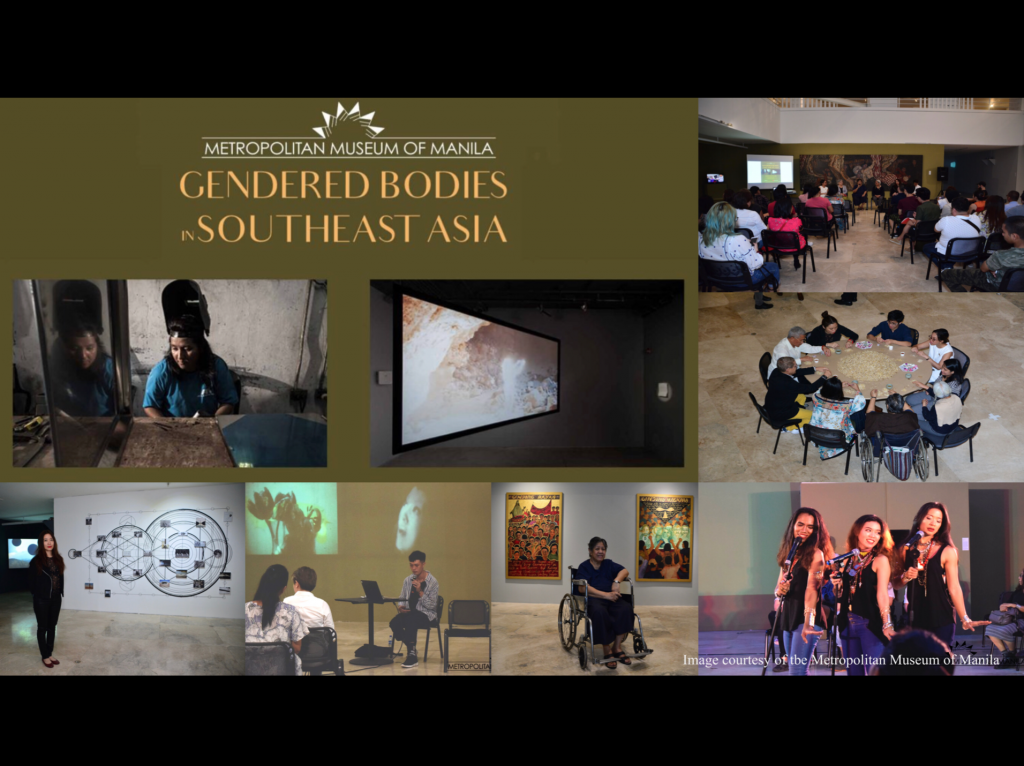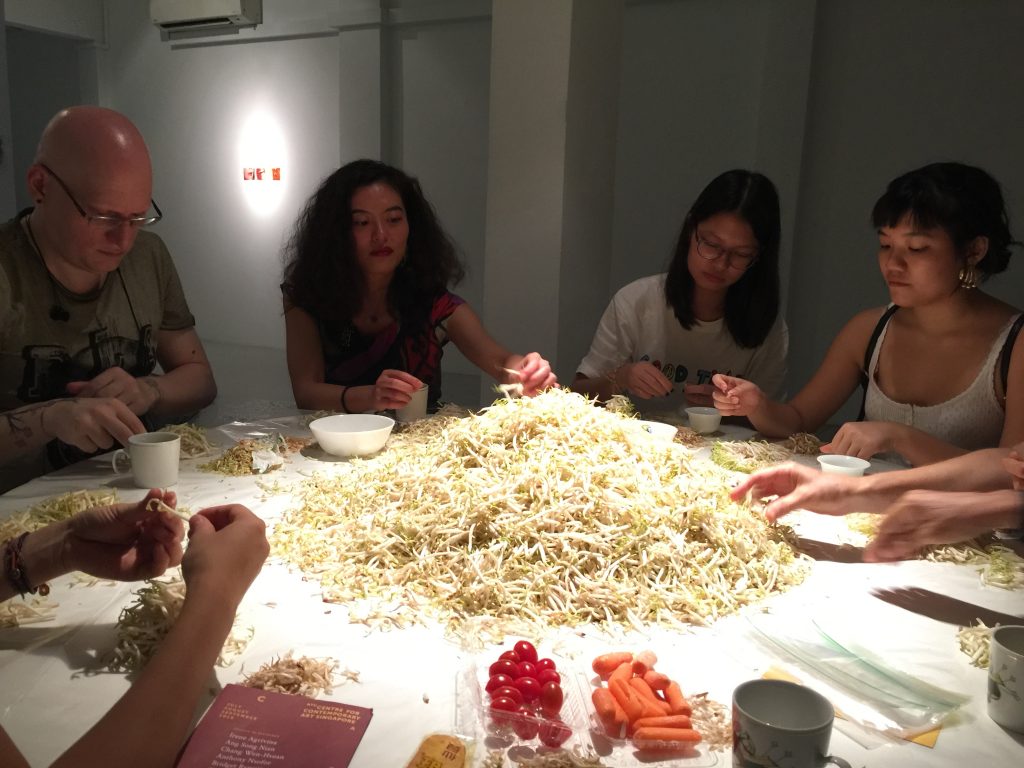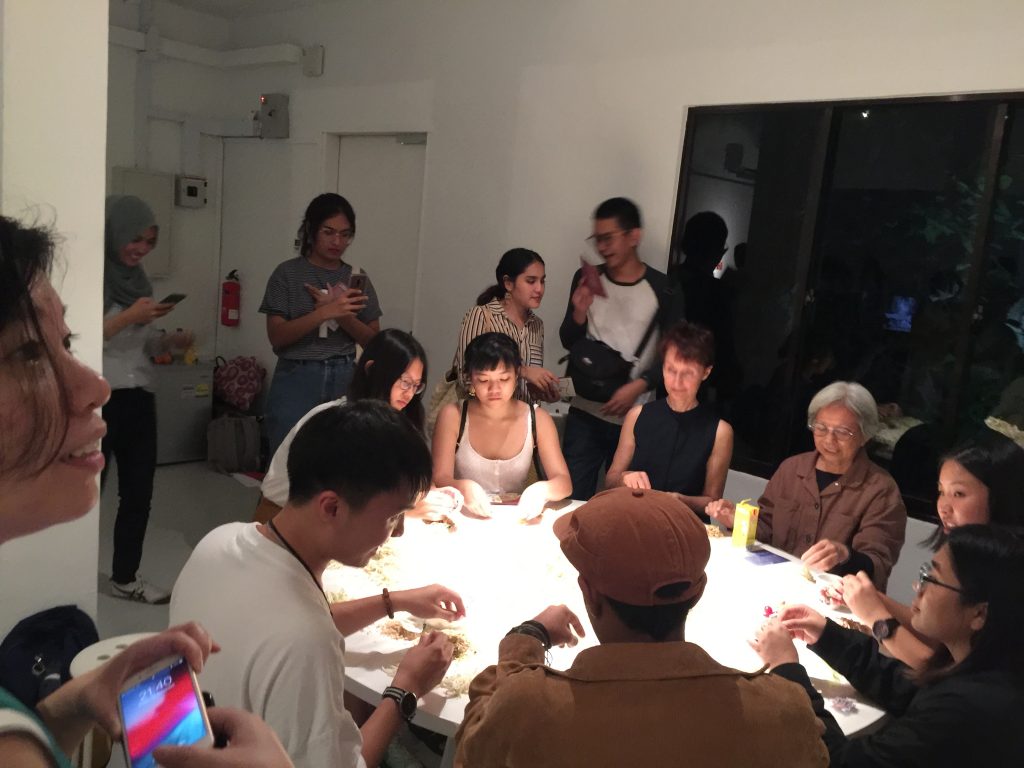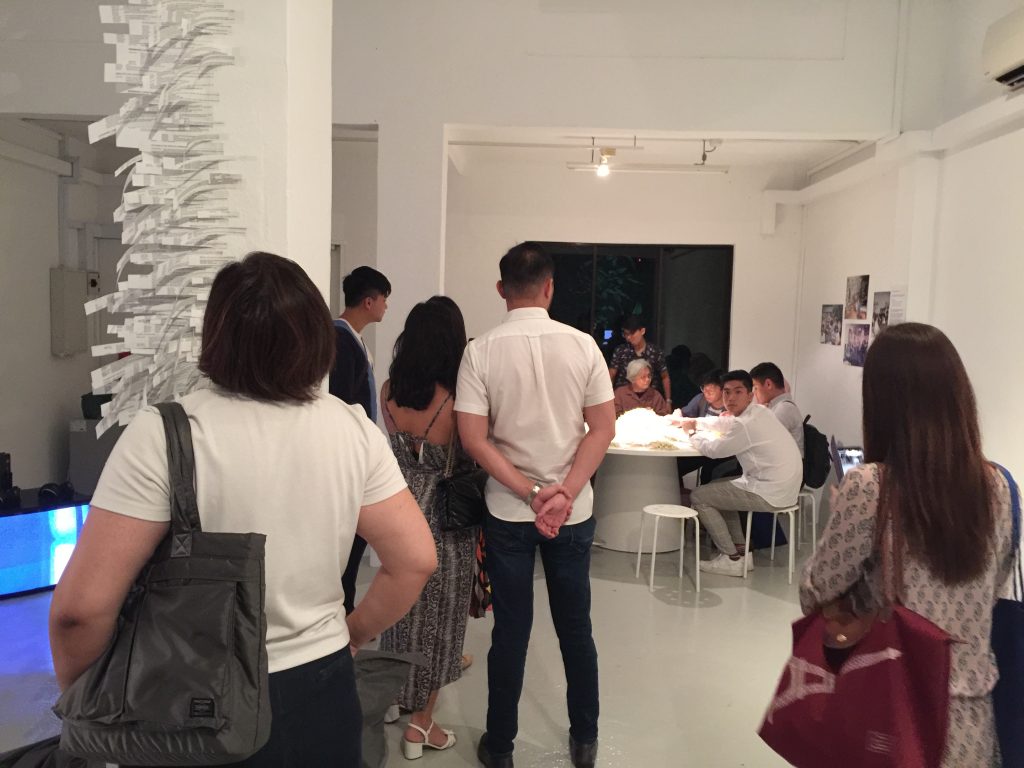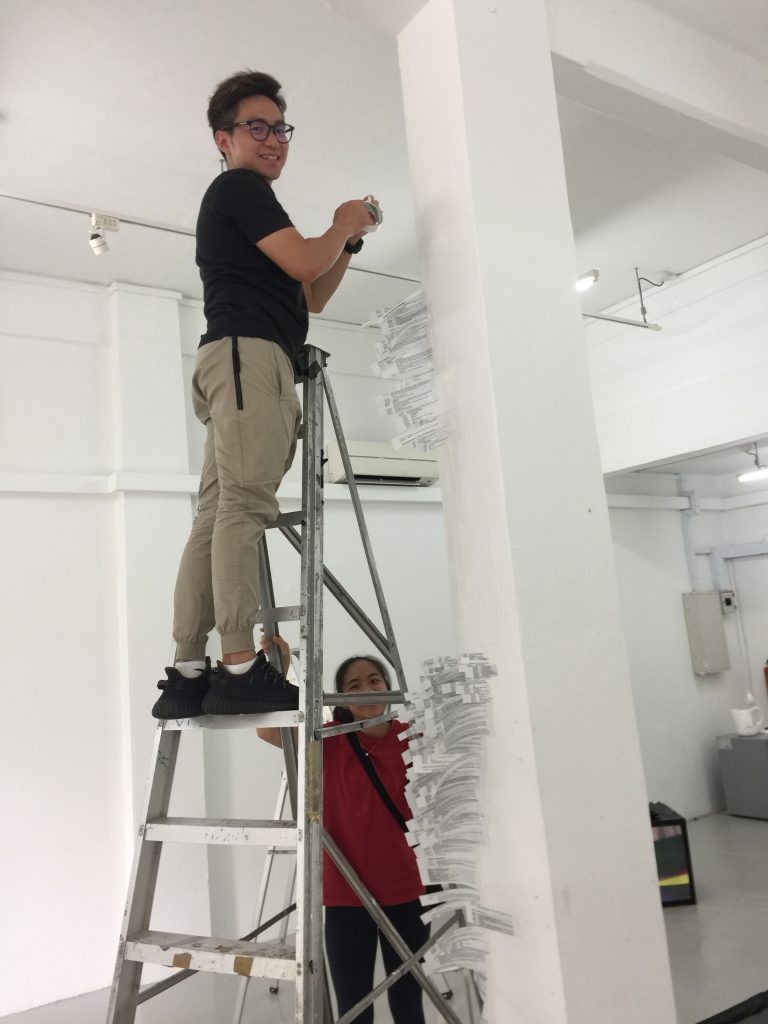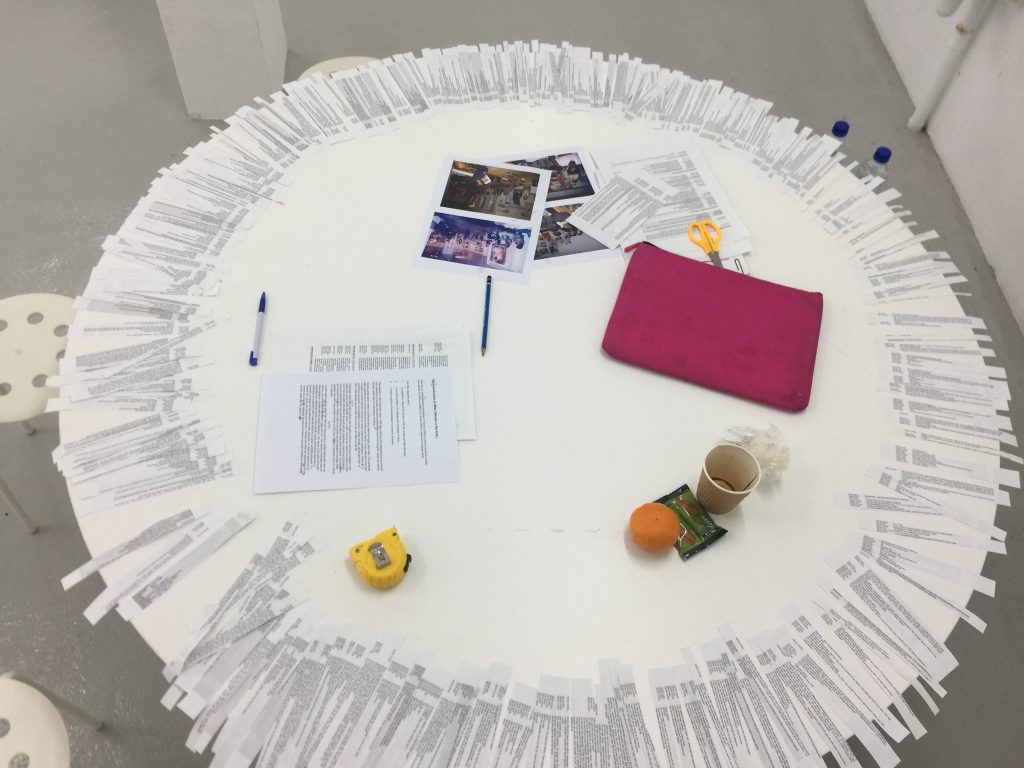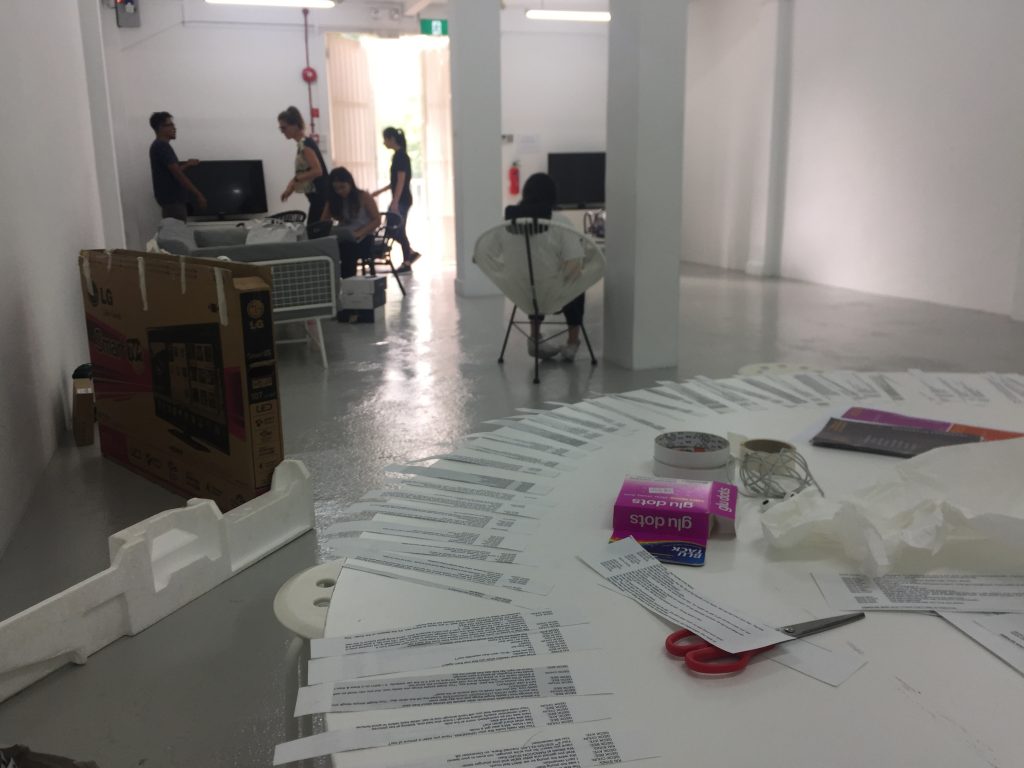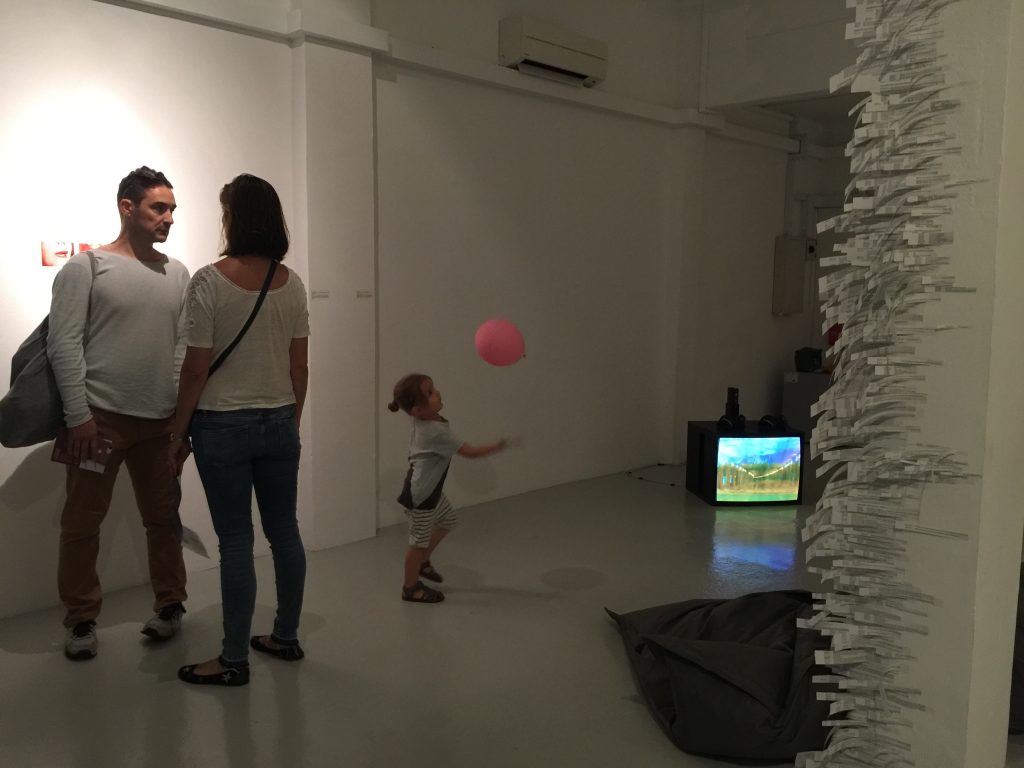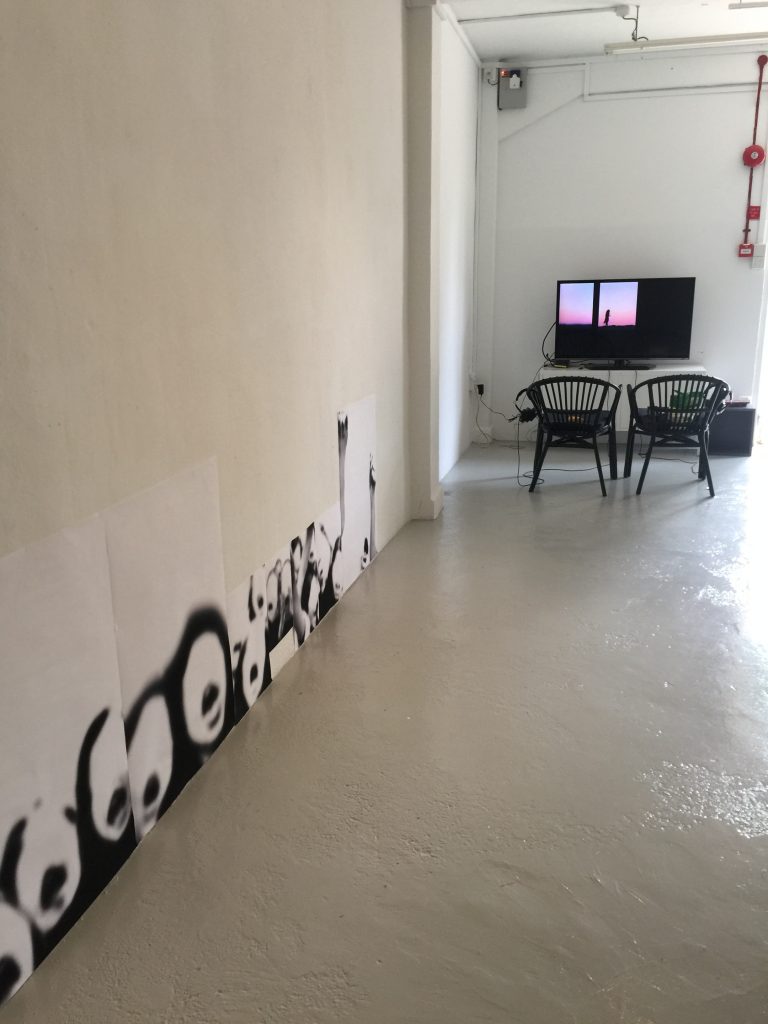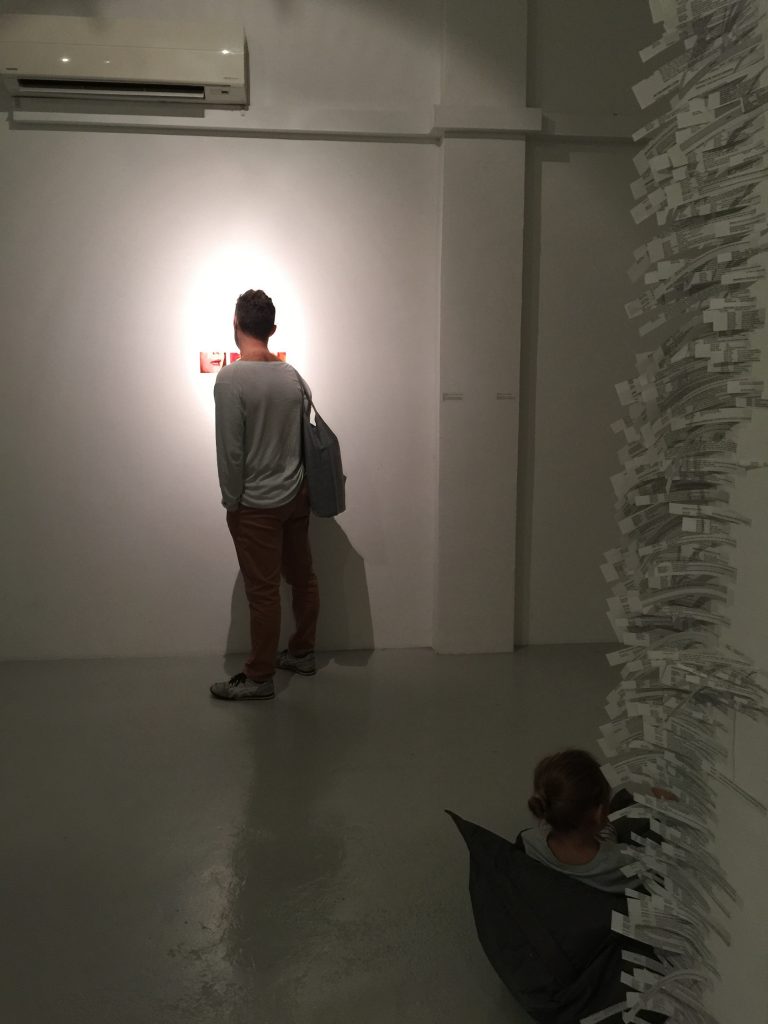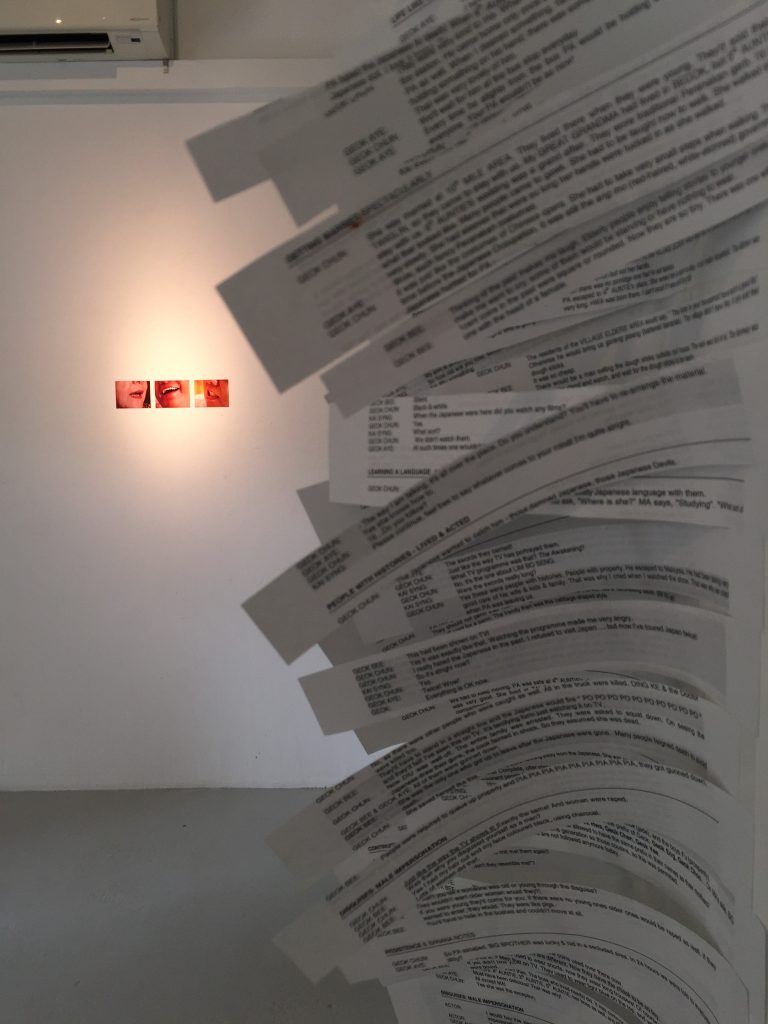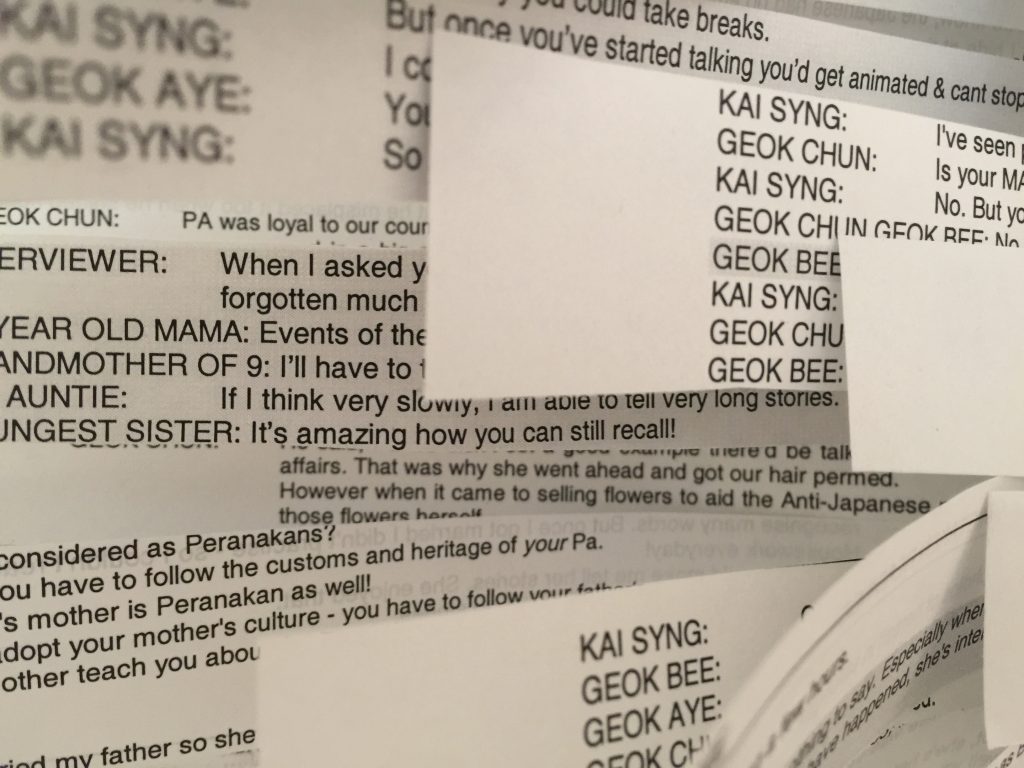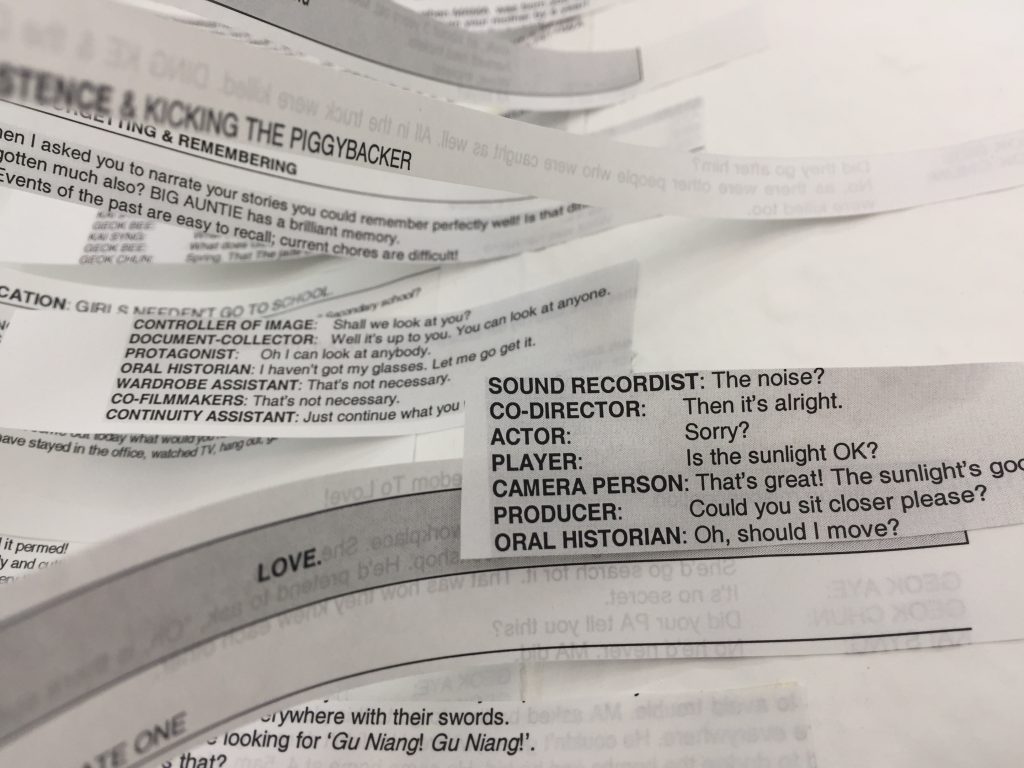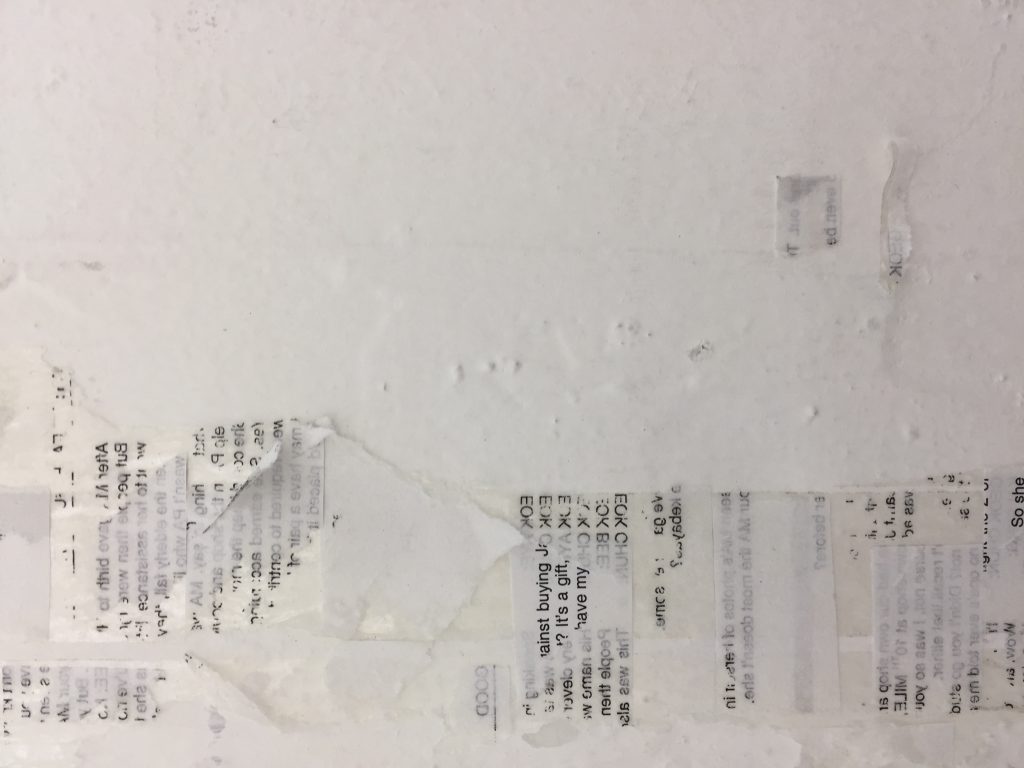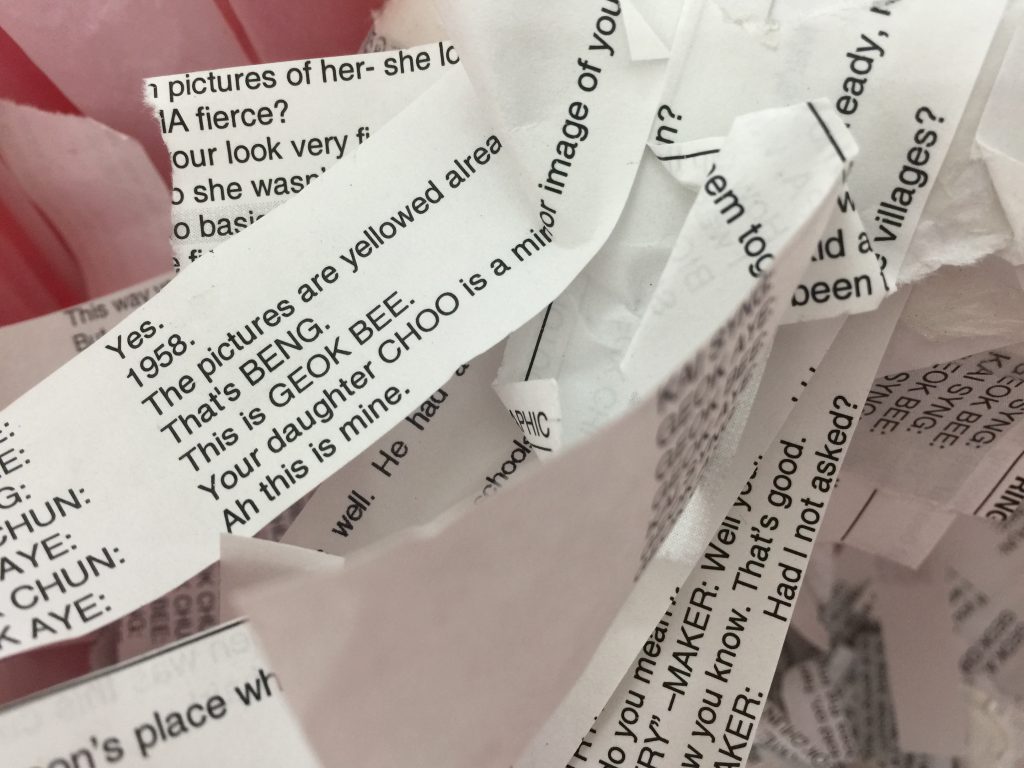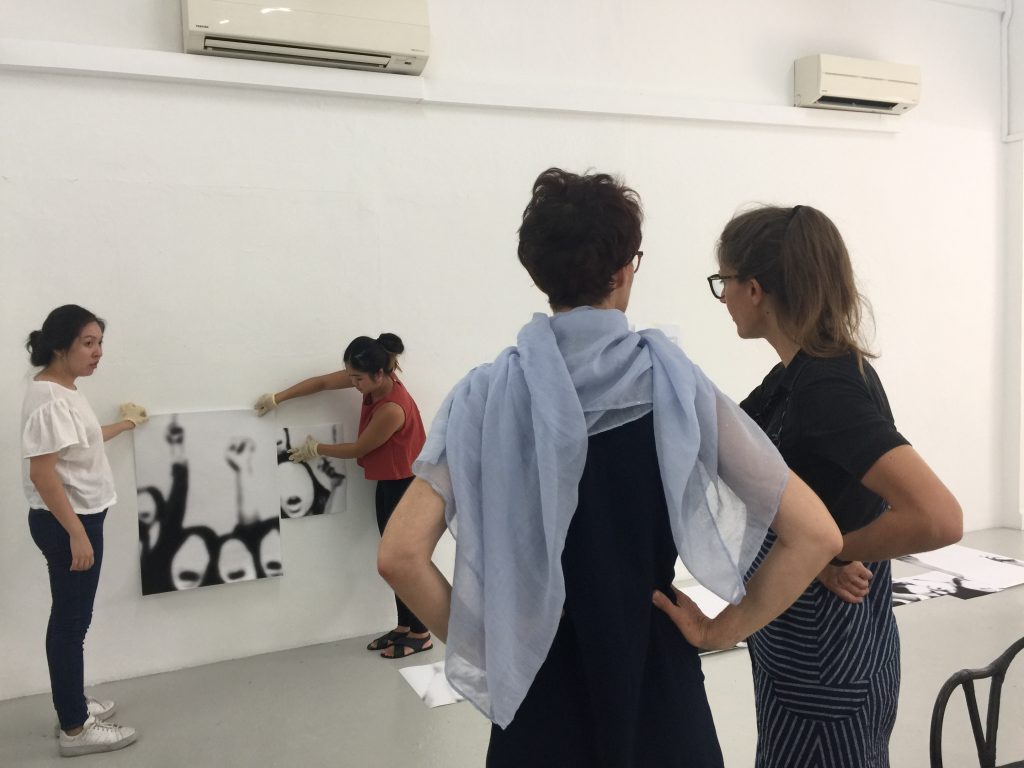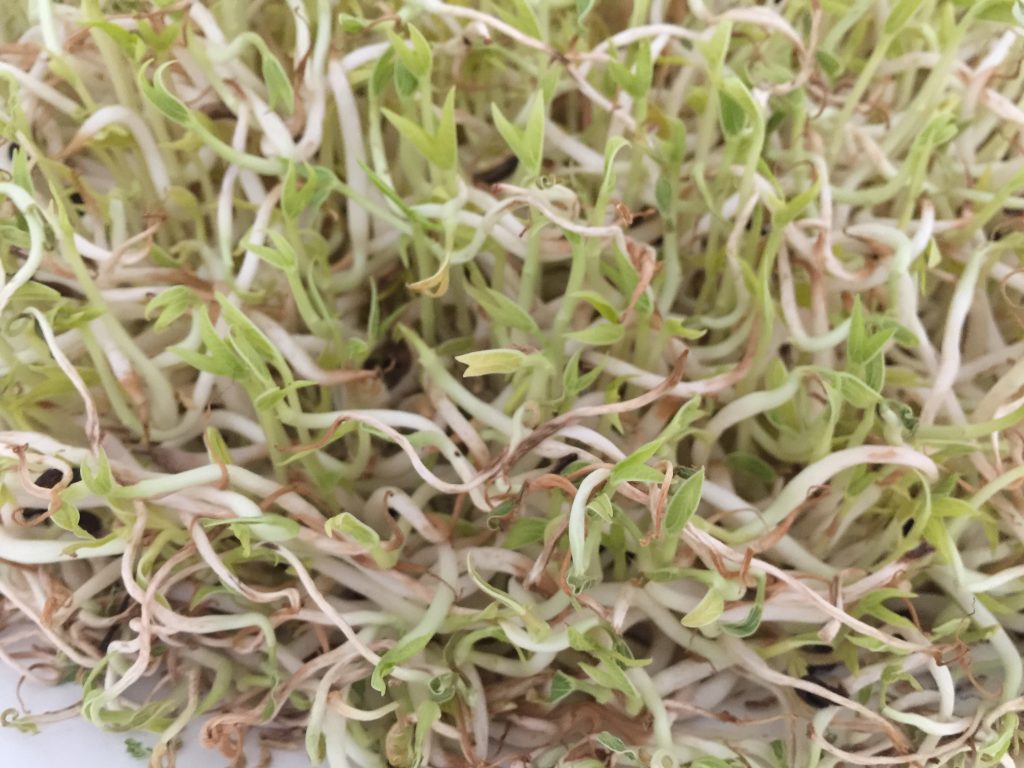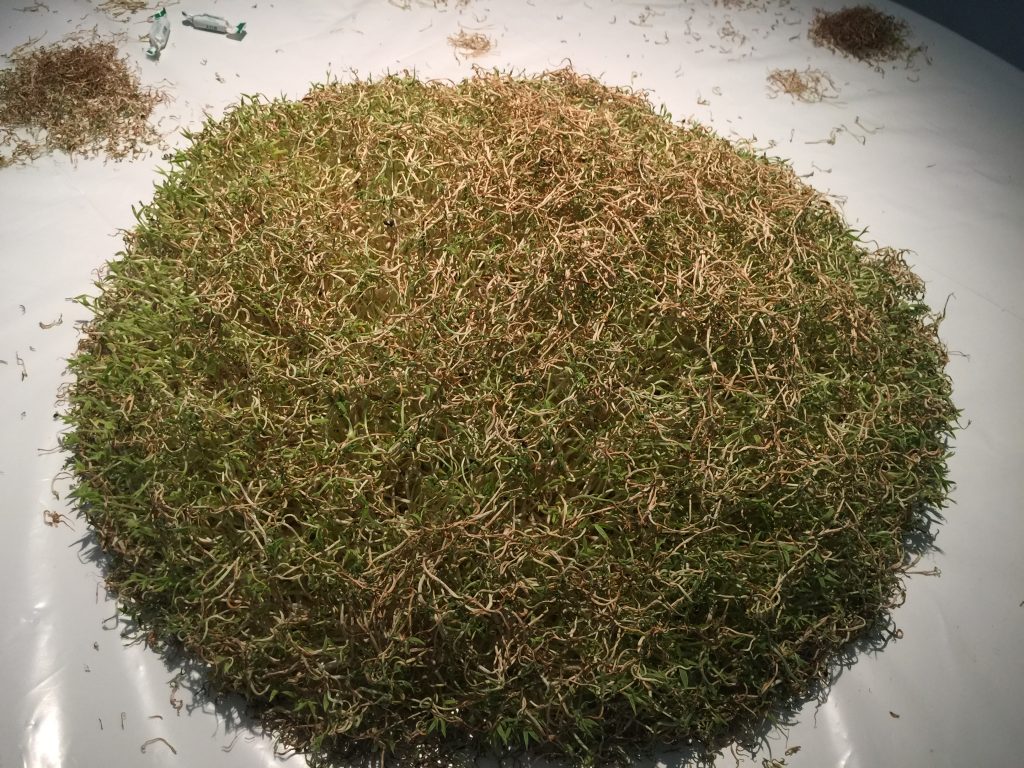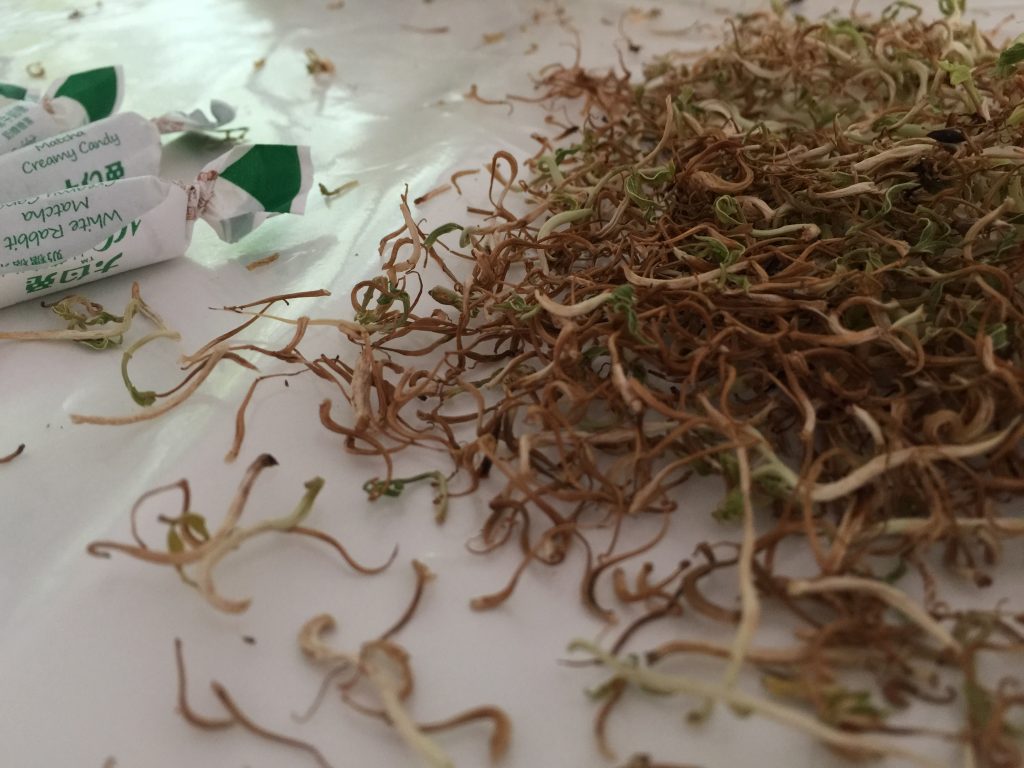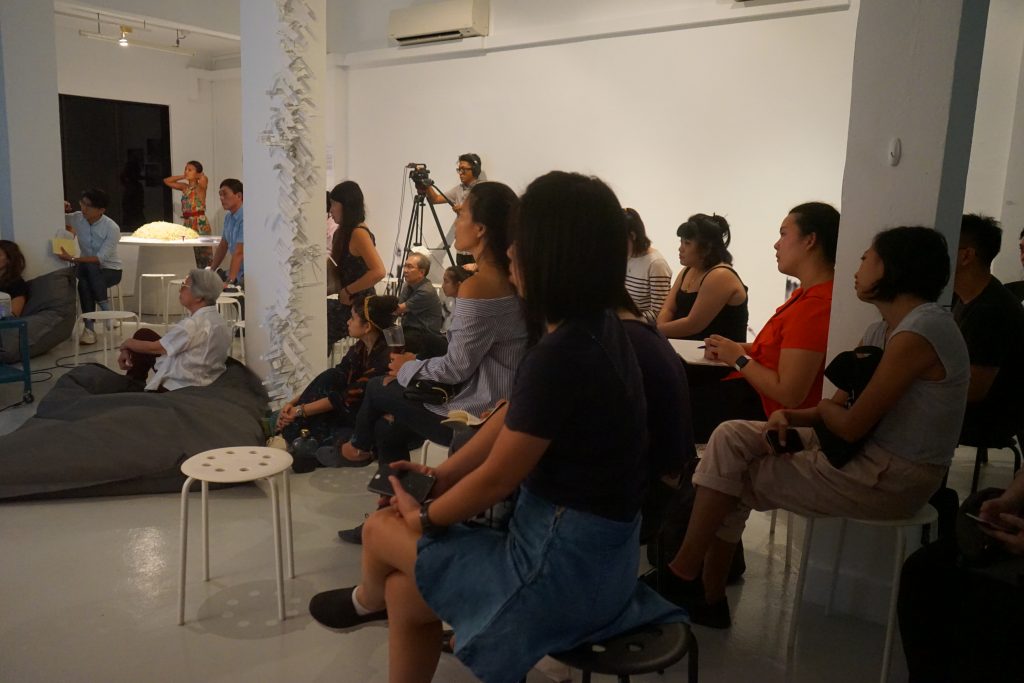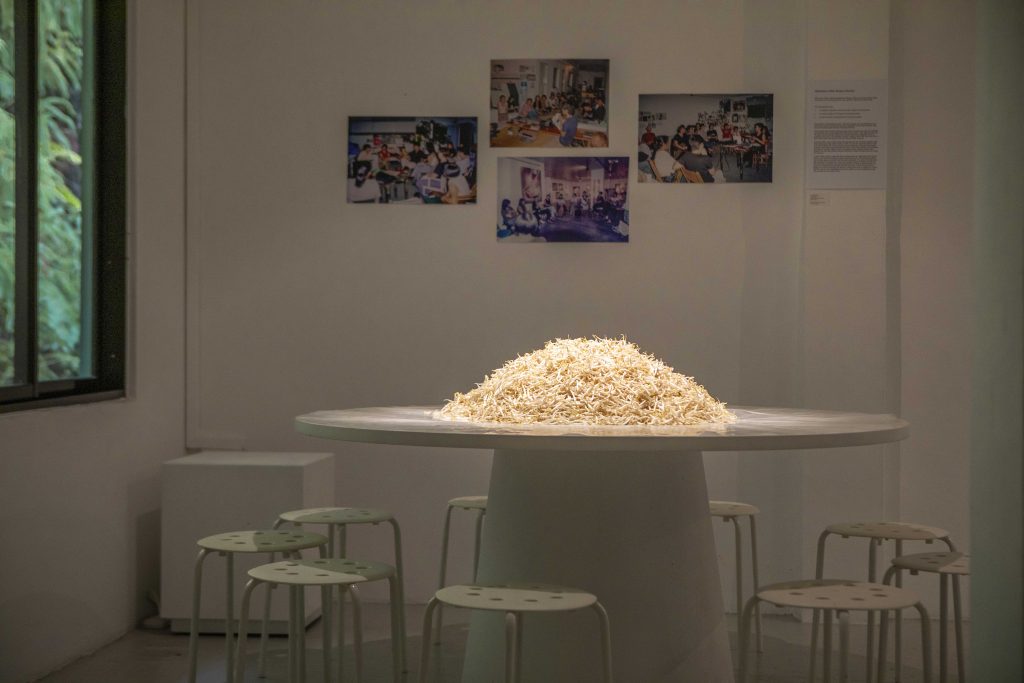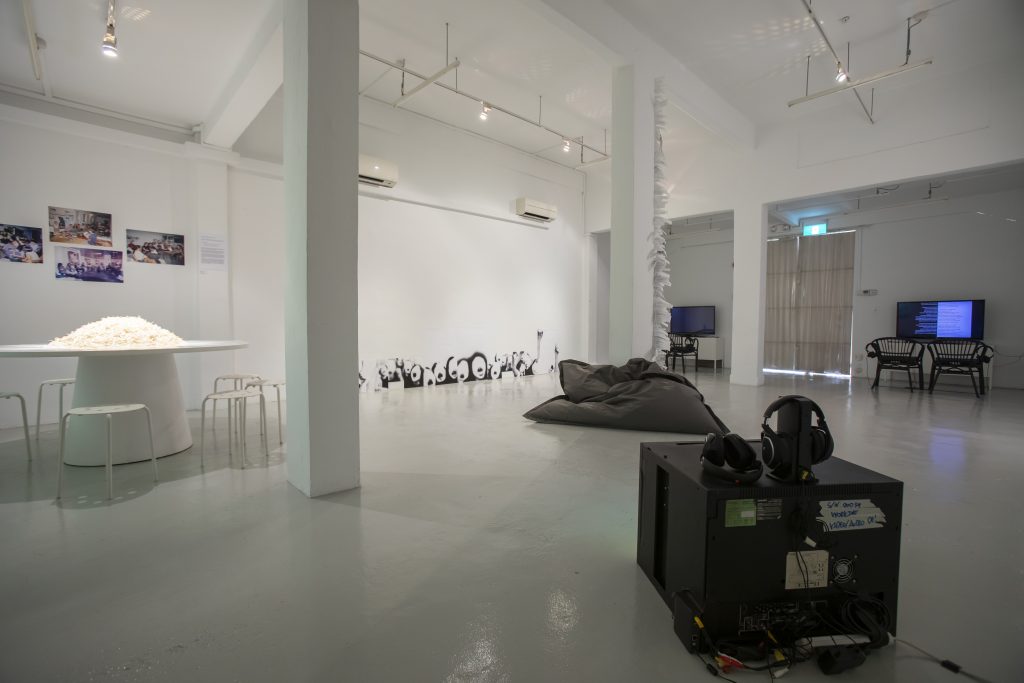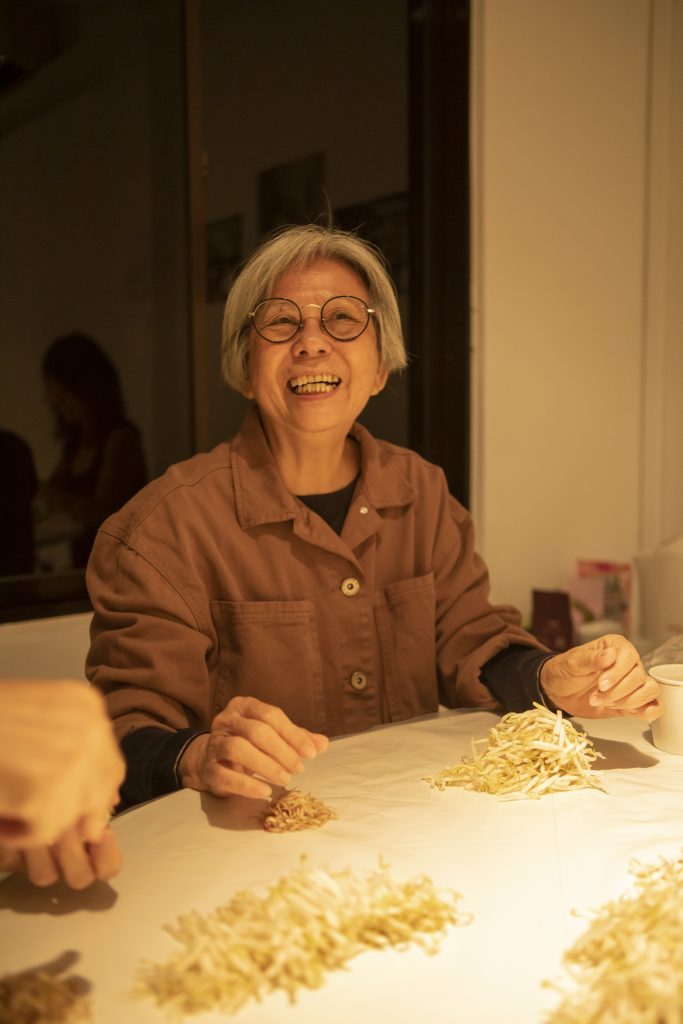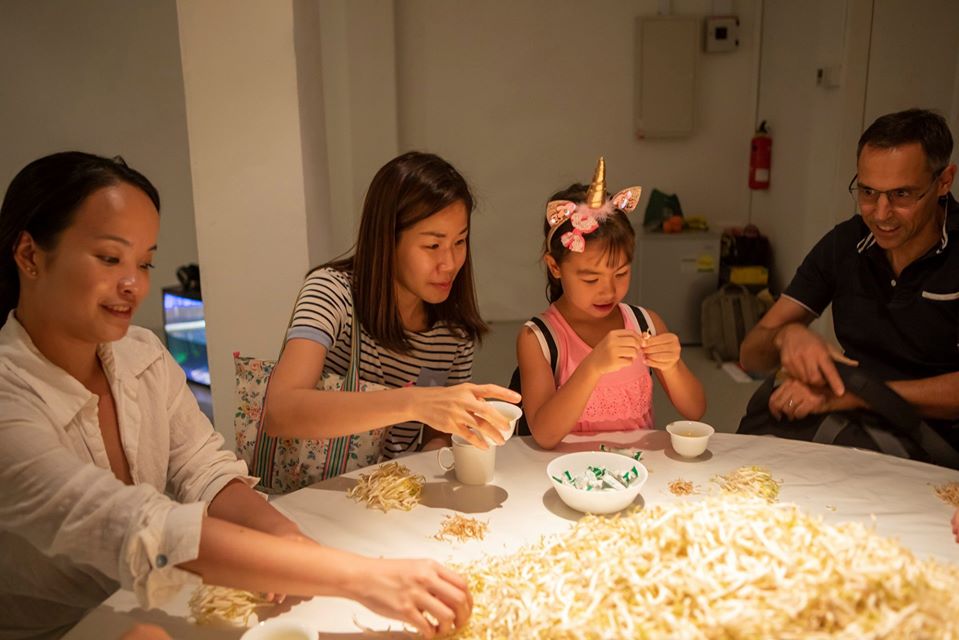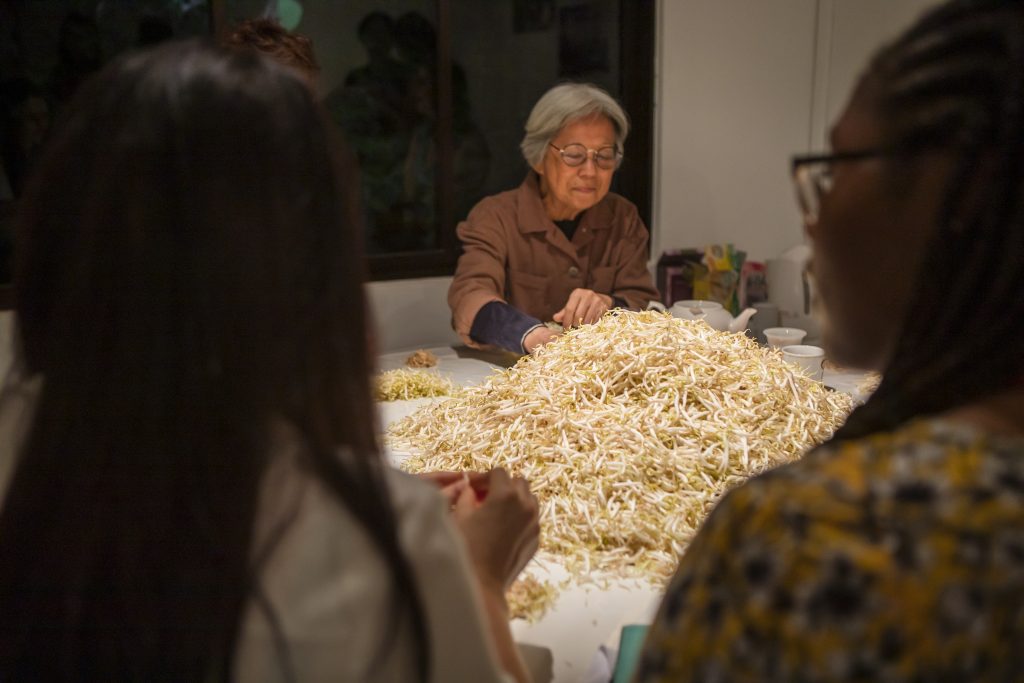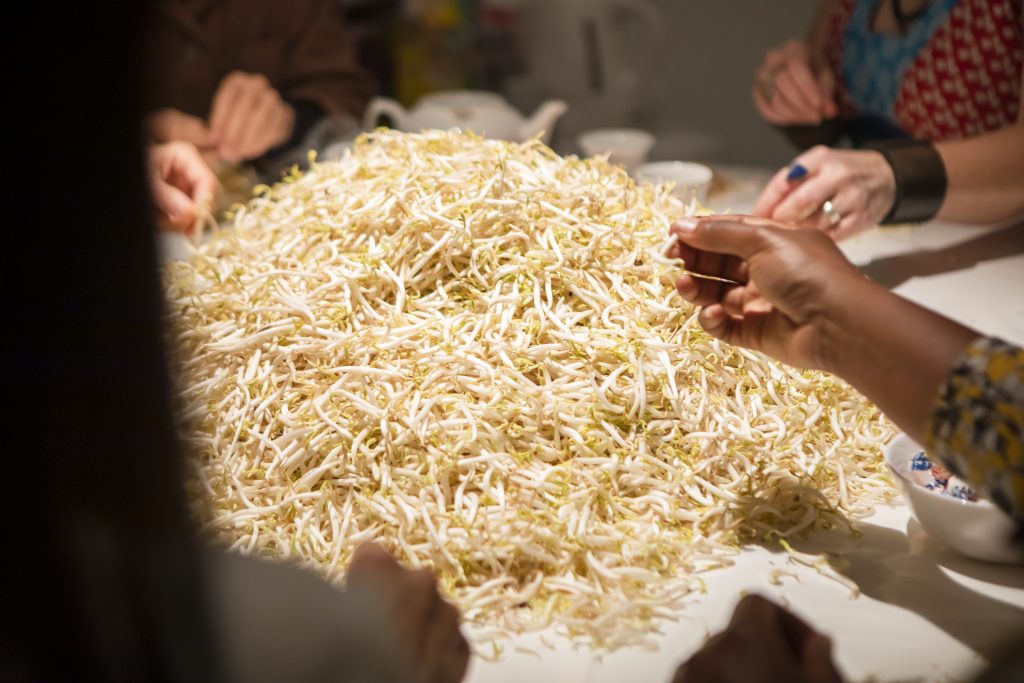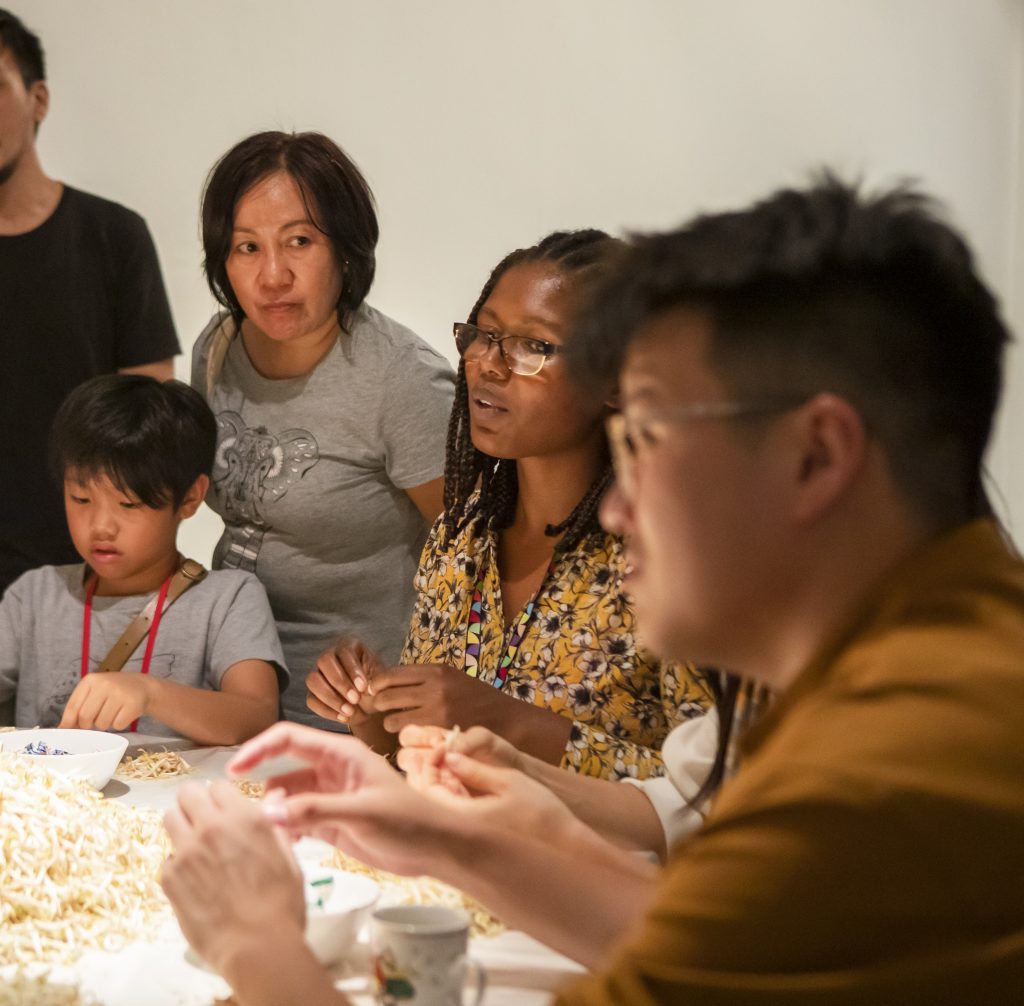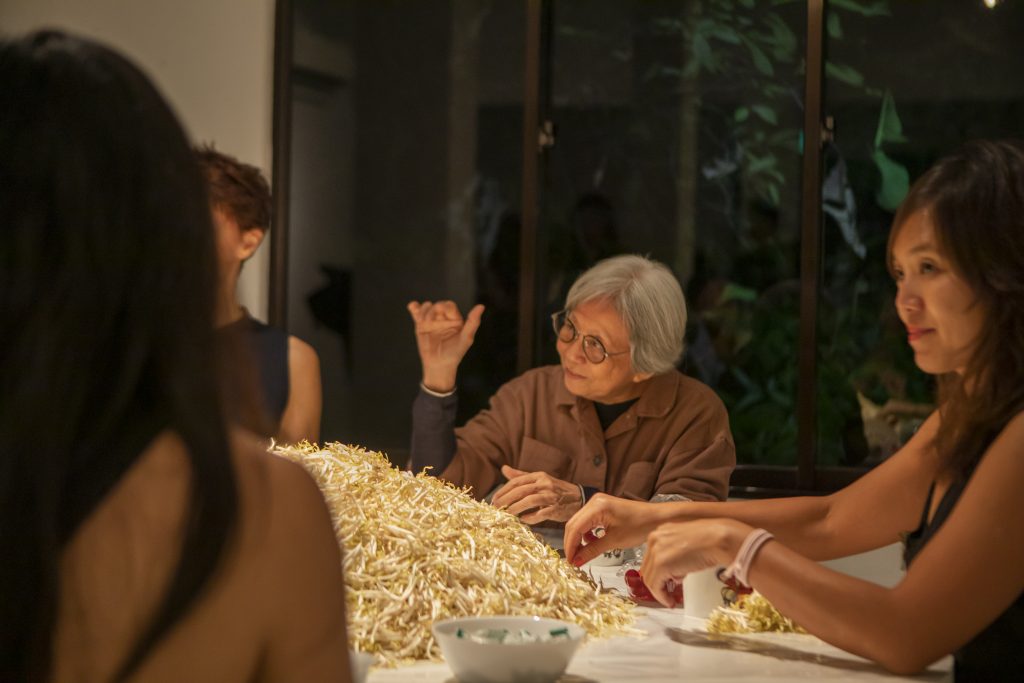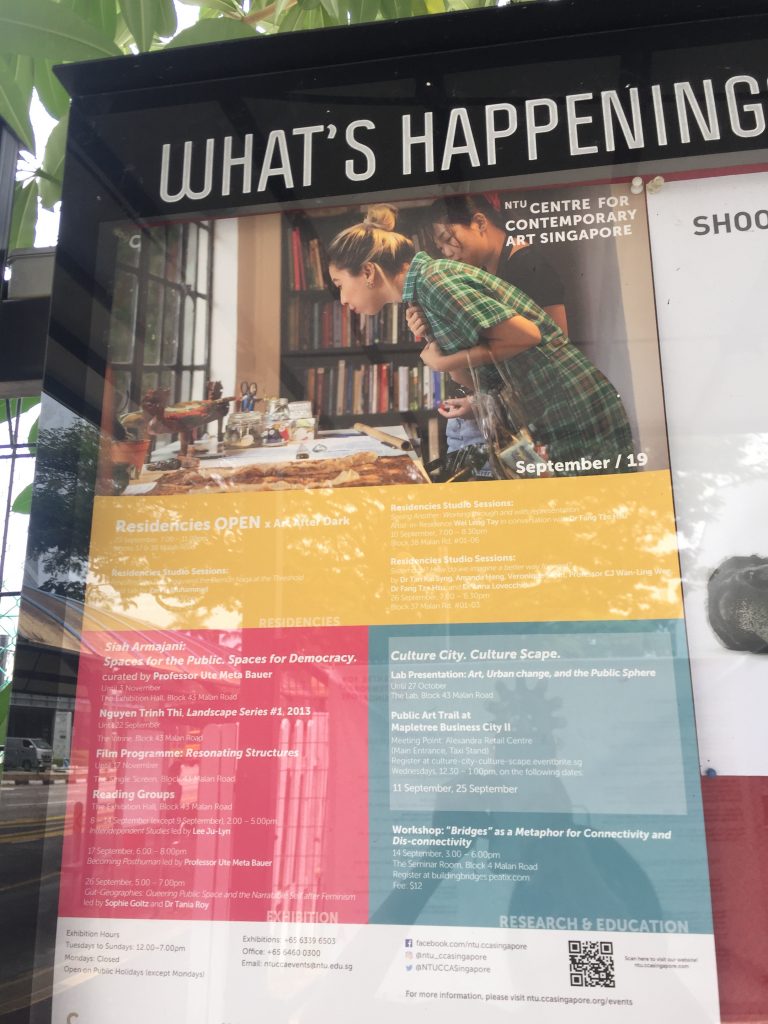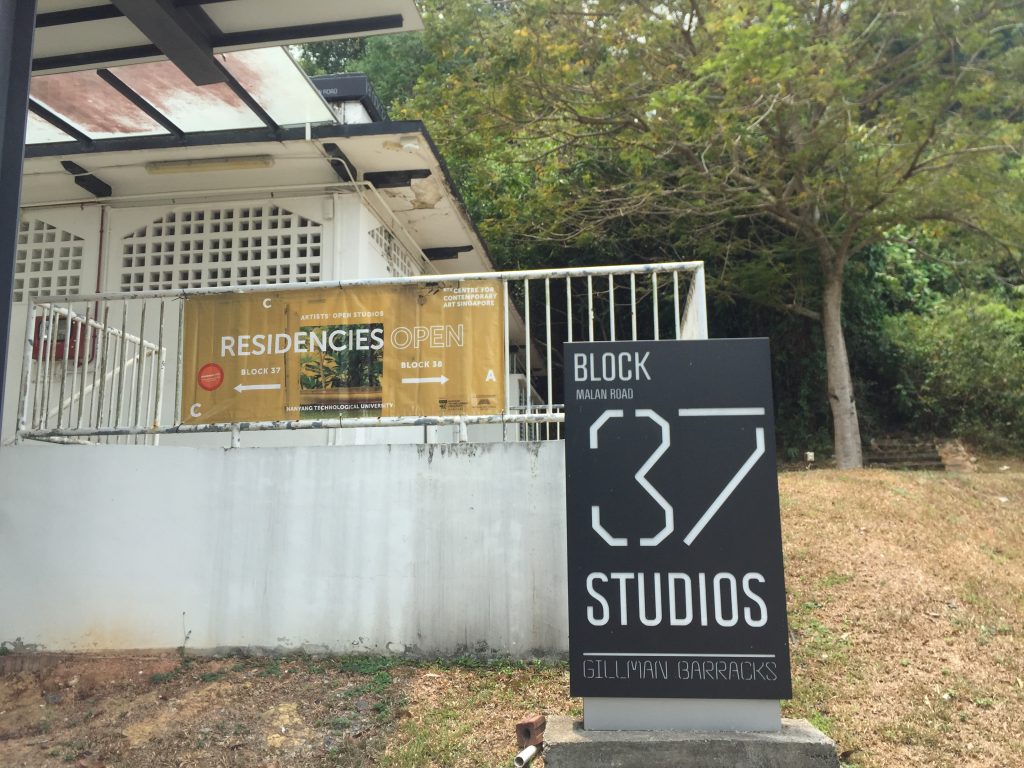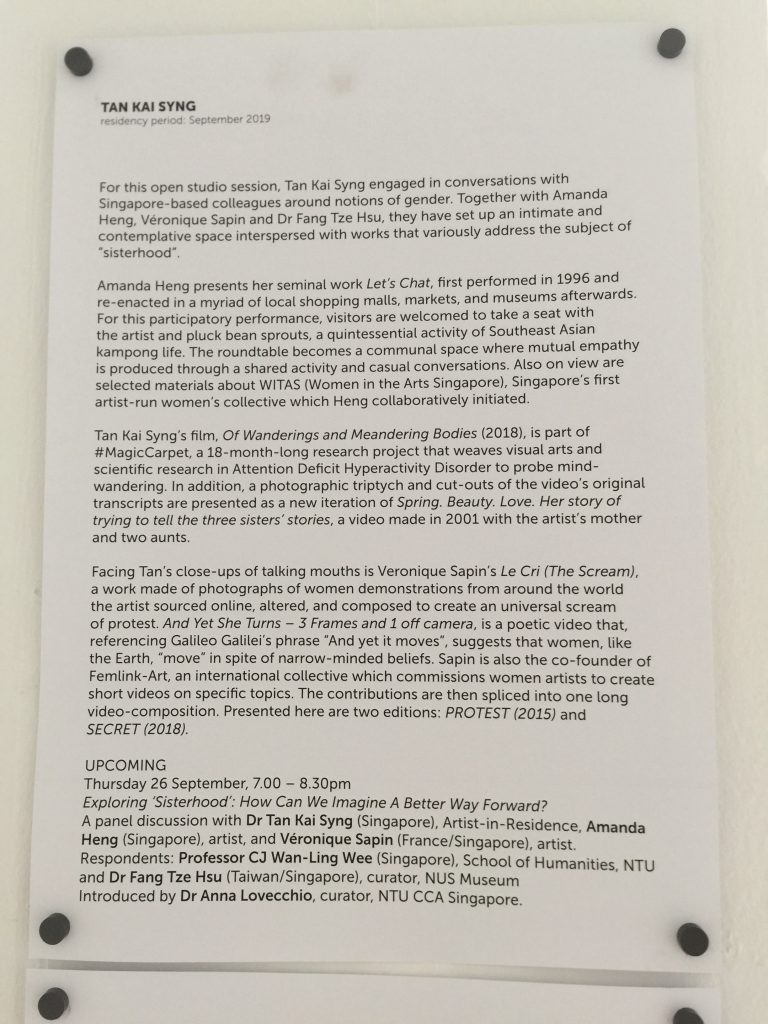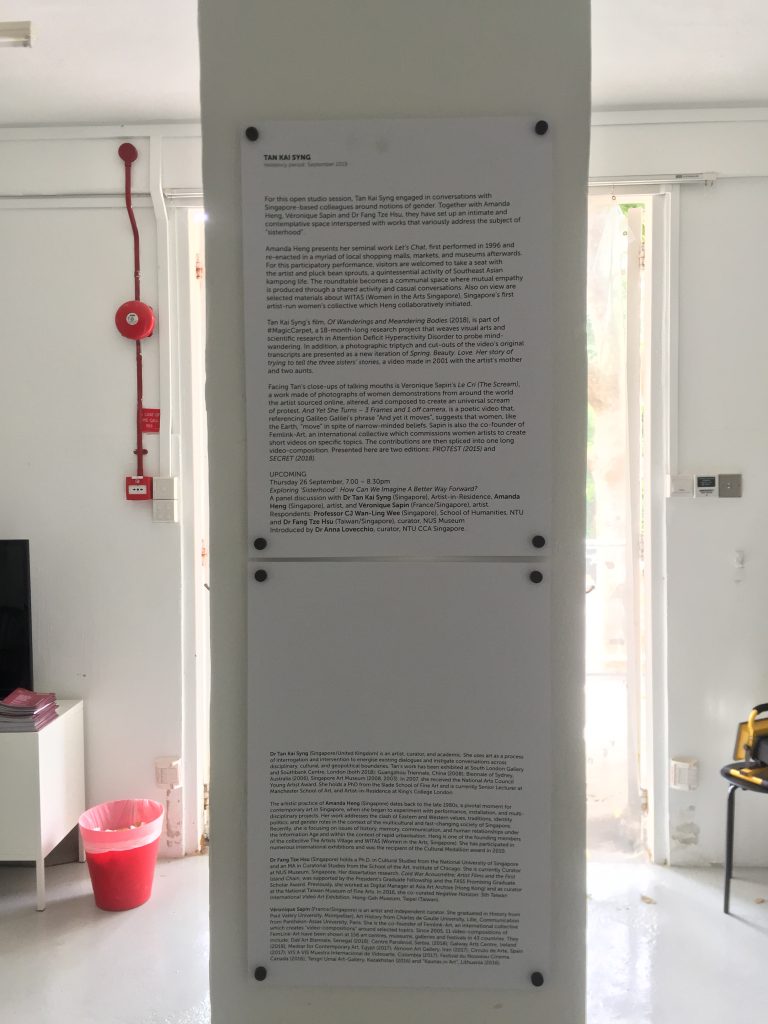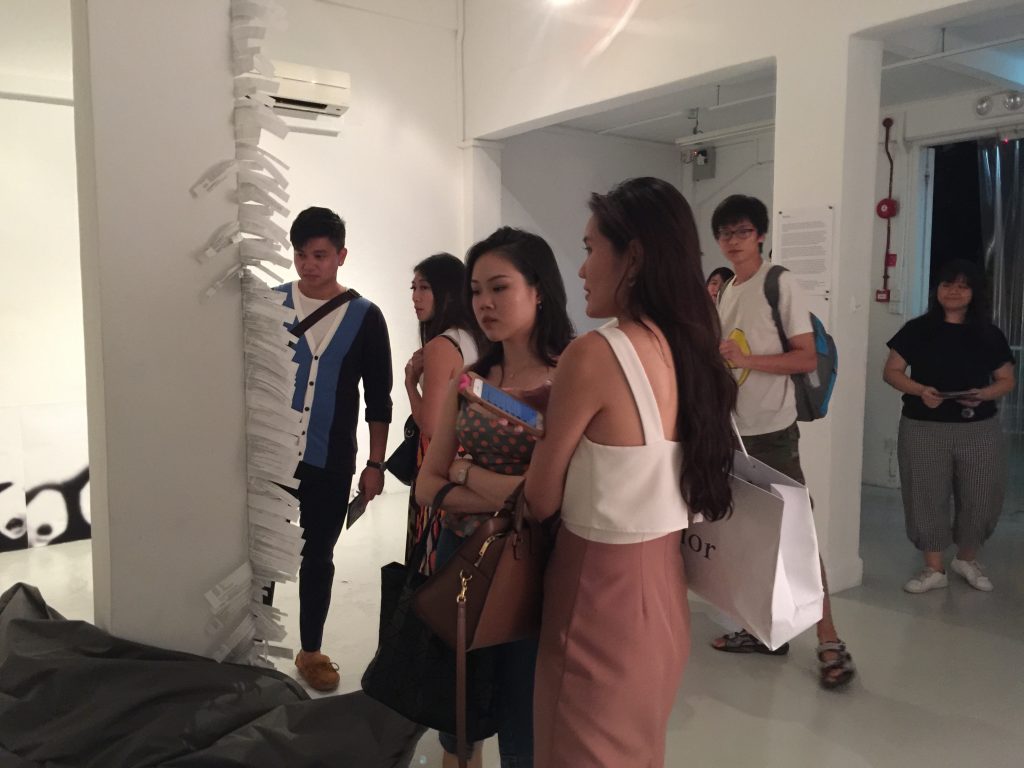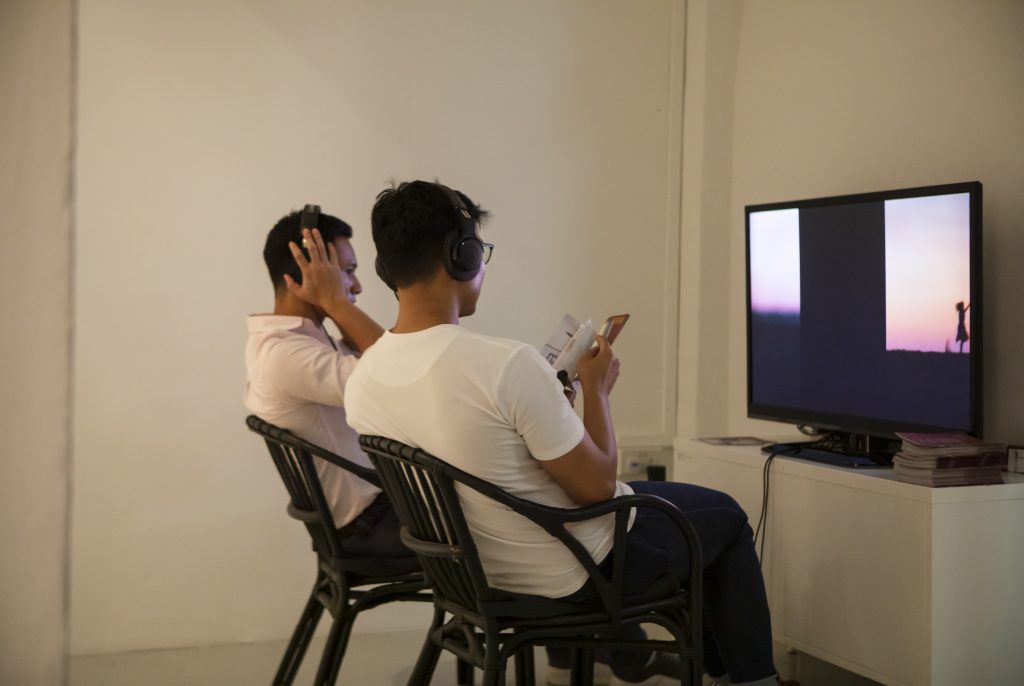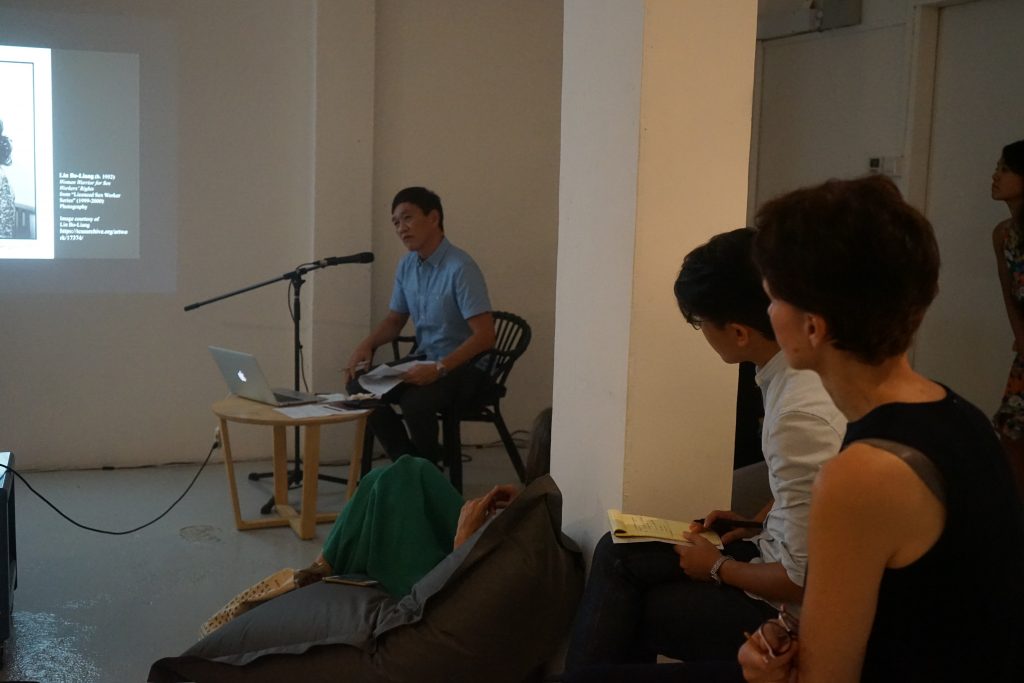#Metoo and #Timesup has exposed how women’s body, mind and thoughts remain policed. Related movements in Korea (the spycam scandal) and Japan (#KuToo, against the de facto uniform of high heels enforced upon women) show how everyday sexism and misogyny are rife. Gender is an under-discussed issue in Singapore and the region. It is no secret that we remain a largely patriarchal society. ‘Women’s issues’ are designated as just that – issues concerning women only. We ask: Sisterhood is a complex, abstract and controversial term – does it exist, or is it a myth? How does it work in the art context in Singapore, beyond Western paradigms and assumptions? From this (problematic) term as a starting point, how can we understand and improve how women and men work together in the arts in Singapore and the region? What are the ways forward?
In September 2019, Kai returned to NTU Centre for Contemporary Art in Singapore as invited Artist-In-Residence. This was part two of Kai’s two-part artist in residency here.NTU CCA (Founder and Director: Professor Ute Meta Bauer) is a national research centre of Nanyang Technological University, developed with the support of the Economic Development Board, Singapore. The Centre’s Residencies Programme has a global scope and runs by nomination only. It has hosted more than 100 artists, including John Torres (The Philippines), the late Lee Wen (Singapore). Kai was nominated by Singapore’s pioneer feminist artist Amanda Heng. Kai’s residency had the main aim of exploring global issues through extended conversations with Singapore-based colleagues, as a means to learn, re-discover, interrogate and re-imagine how they can be.
During this second part of her residency, Kai invited Amanda to chat through the issues. The winner of Singapore’s highest art award of the Cultural Medallion has tirelessly drawn the public’s attention to issues such as portrayal of women and labour over the years, through iconic works like Singirl (from 2000) and Let’s Chat (1996). We also invited 2 other arts professionals, Veronique Sapin (France/Singapore, artist-curator of Femlink) and Dr Fang Tze Hsu (Taiwan/Singapore, curator, National University of Singapore Museum). Kai had first worked with Veronique in around 2006 when she approached me to invite me to contribute a video to Femlink, a global collective she founded. We have kept in touch since, and by stroke of fortune she is currently based in Singapore with her family for the next 2 years.
Together, we co-created an exhibition and 2 public events: 20/9: Art After Dark open studio and 26/9 public seminar. During the former, we welcomed 600 visitors across 3.5 hours. and performed Amanda Heng’s seminal performance Let’s Chat (1996). We also shared Véronique Sapin’s installations and Kai’s new rendition of her Three Sisters: Her Story of Trying to Tell the 2 Sisters’ Stories, which was first commissioned for Shot In The Face at Earl Lu Gallery with China artist Song Dong (2001). During the seminar, Amanda talked about her Women In The Arts collective (1999) while Kai raised questions about outlined 5 strategies about
SEMINAR 26/9
How have notions and practices of sisterhood evolved over the last four decades? Is it possible to co- create a vision for the future in dialogue with each other? For the second part of her residency, Dr Tan Kai Syng picks up from when she last collaborated with pioneering feminist artist Amanda Heng and Singapore-based arts professional Véronique Sapin to trigger a collective reflection upon gender and social change in the arts in today’s Singapore and beyond. Through the lens of their artworks and projects, the speakers and respondents will address the problematic notion of ‘sisterhood’ and its relevance for envisioning a different future. The seminar was part of Residencies Insights and was entitled Sisterhood? How do we imagine a better way forward? Insights and provocations on gender and social change in the arts in Singapore and beyond, and co-creating a vision for tomorrow. Amanda shared her work in Women In The Arts, while Kai outlined 5 strategies.
BIOGRAPHIES:
The artistic practice of Amanda Heng (Singapore) dates back to the late 1980s, a pivotal moment for contemporary art in Singapore, when she began to experiment with performance, installation, and multi-disciplinary projects. Her work addresses the clash of Eastern and Western values, traditions, identity politics, and gender roles in the context of the multicultural and fast-changing society of Singapore. Recently, she is focusing on issues of history, memory, communication, and human relationships under the Information Age and within the context of rapid urbanisation. Heng is one of the founding members of the collective The Artists Village and WITAS (Women in the Arts, Singapore). She has participated in numerous international exhibitions and was the recipient of the Cultural Medallion award in 2010.
Dr Tan Kai Syng (Singapore/United Kingdom) is an artist, curator, and academic. She uses art as a process of interrogation and intervention to energise existing dialogues and instigate conversations across disciplinary, cultural, and geopolitical boundaries. Tan’s work has been exhibited at South London Gallery and Southbank Centre, London (both 2018); Guangzhou Triennale, China (2008); Biennale of Sydney, Australia (2006), Singapore Art Museum (2008, 2003). In 2007, she received the National Arts Council Young Artist Award. She holds a PhD from the Slade School of Fine Art and is currently Senior Lecturer at Manchester School of Art, and Artist-in-Residence at King’s College London.
Véronique Sapin (France/Singapore) is an artist and independent curator. She graduated in History from Paul Valéry University, Montpellier), Art History from Charles de Gaulle University, Lille, Communication from Panthéon-Assas University, Paris. She is the co-founder of Femlink-Art, an international collective which creates “video-compositions” around selected topics. Since 2005, 11 video-compositions of FemLink-Art have been shown at 156 art centres, museums, galleries and festivals in 43 countries. They include: Dak’Art Biennale, Senegal (2018); Centre Parobrod, Serbia, (2018); Galway Arts Centre, Ireland (2018); Medrar for Contemporary Art, Egypt (2017); Aknoon Art Gallery, Iran (2017); Circulo de Arte, Spain (2017); VIS A VIS Muestra Internacional de Videoarte, Colombia (2017); Festival du Nouveau Cinema, Canada (2016); Tengri Umai Art-Gallery, Kazakhstan (2016) and “Kaunas in Art”, Lithuania (2016).
Dr Fang Tze Hsu (Singapore) holds a Ph.D. in Cultural Studies from the National University of Singapore and an MA in curatorial studies from the School of the Art Institute of Chicago. She is currently a Curator in the National University of Singapore Museum. Her dissertation research, Cold War Acousmêtre: Artist Films and the First Island Chain, was supported by the President’s Graduate Fellowship and the FASS Promising Graduate Scholar Award. She was the digital manager for the Asia Art Archive and was appointed as a curator for the National Taiwan Museum of Fine Arts in 2013. In 2016, she co-curated Negative Horizon: 5th Taiwan International Video Art Exhibition.
Dr CJ. Wan-Ling Wee (Singapore) is Professor of English at the Nanyang Technological University. He has held Visiting Fellowships at the Centre for the Study of Developing Societies, New Delhi, India, and the Society for the Humanities, Cornell University, Ithaca, United States among other institutions. Wee is the author of The Asian Modern: Culture, Capitalist Development, Singapore (2007), and the editor of The Complete Works of Kuo Pao Kun, vol. 4: Plays in English (2012). His recent research interests are: the formation of contemporary art practices in theatre, visual arts, and literature; curatorial practices in showcasing modern and contemporary Asian art in the region; and the circulation of popular culture in the larger East Asian region.
KAI’S ARTIST IN RESIDENCY AT NTU CCA
Kai’s residency explores global issues through extended conversations with Singapore-based colleagues. In the first part of her residency (December 2018 – February 2019), she developed the participatory project PICTURING HAPPINESS? with three other artists and two scientists from the School of Computer Science, Nanyang Technological University. Using commercially-available devices that read brain waves, the project explored the parameters that define our sense of well-being, critiquing the market-driven framing of happiness as a motionless, thought-free state of mind. Outcomes included a performance as part of Art after Dark. Kai also made several ‘renovated books’ as part of this work.
Photo credits: by Kai, Véronique and CCA. Credits for images by CCA: Residencies Studio Sessions: Exploring ‘Sisterhood’: How Can We Imagine A Better Way Forward?, 26 September 2019, Residencies Studios. Courtesy NTU CCA Singapore, and Studio of Tan Kai Syng, Residencies OPEN x Art After Dark, 20 September 2019. Courtesy NTU CCA Singapore
